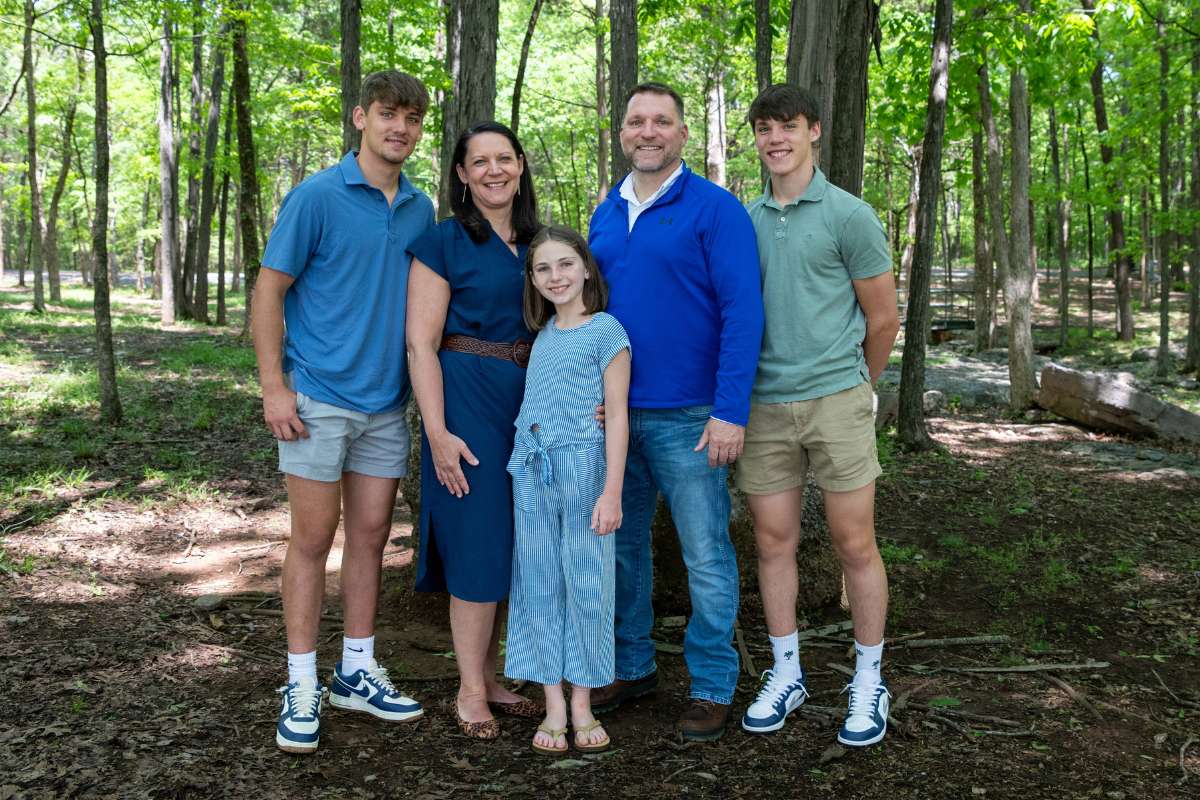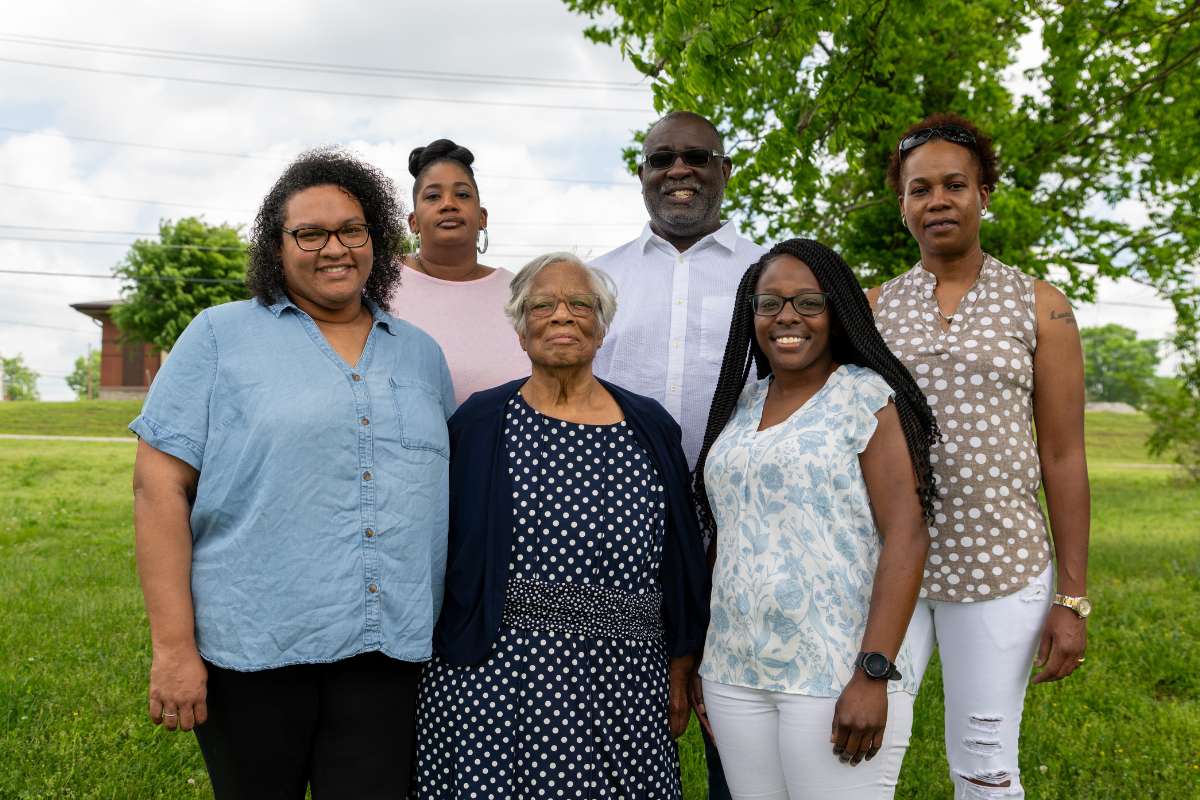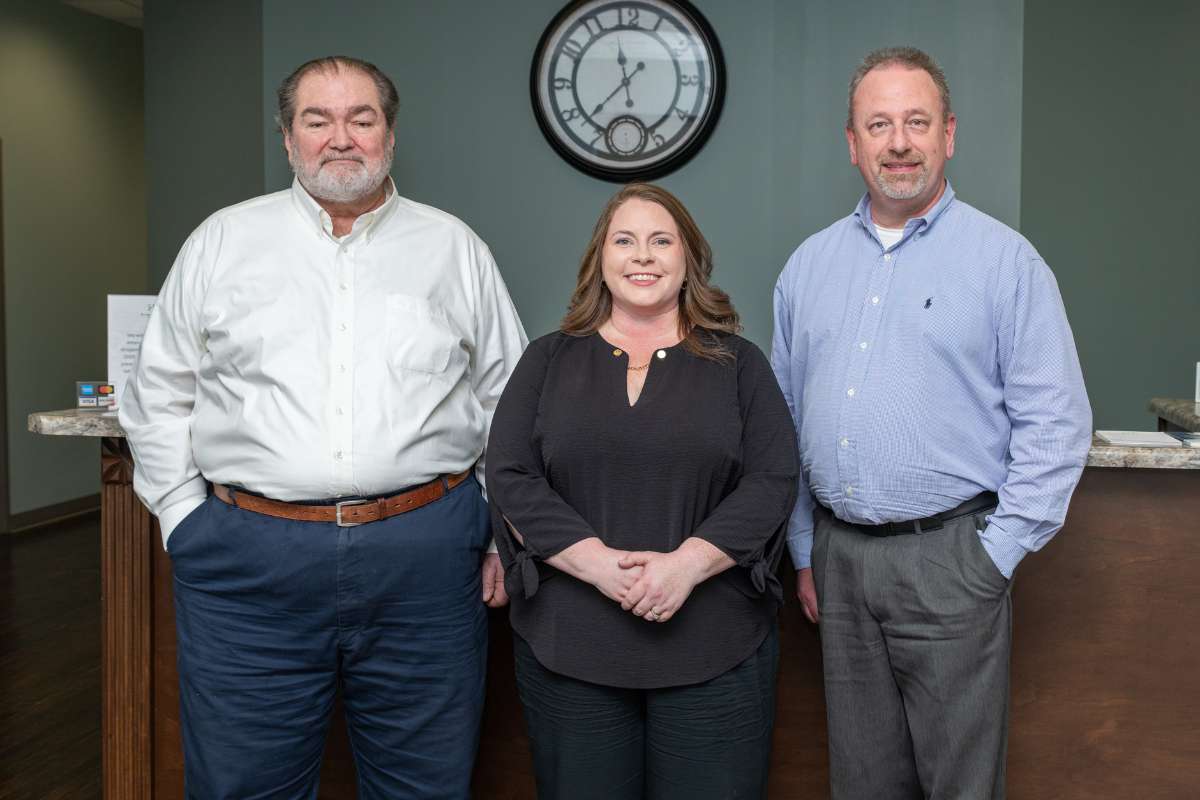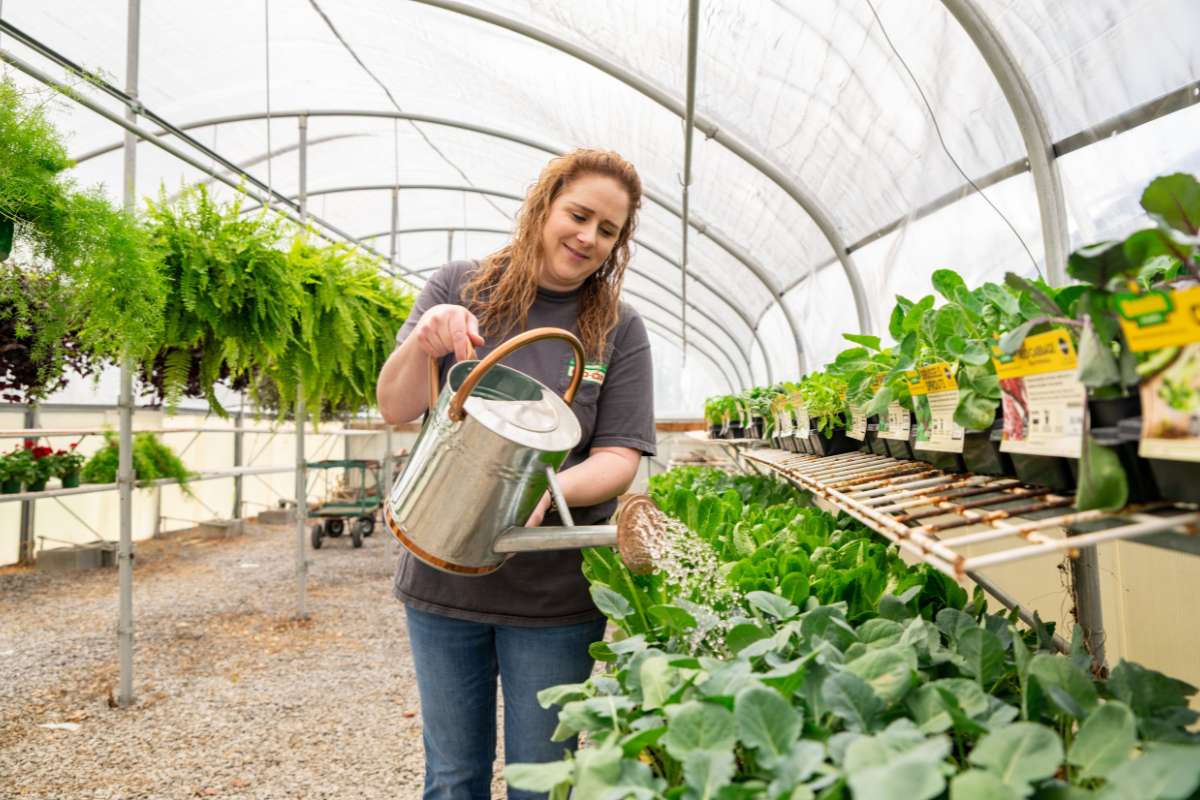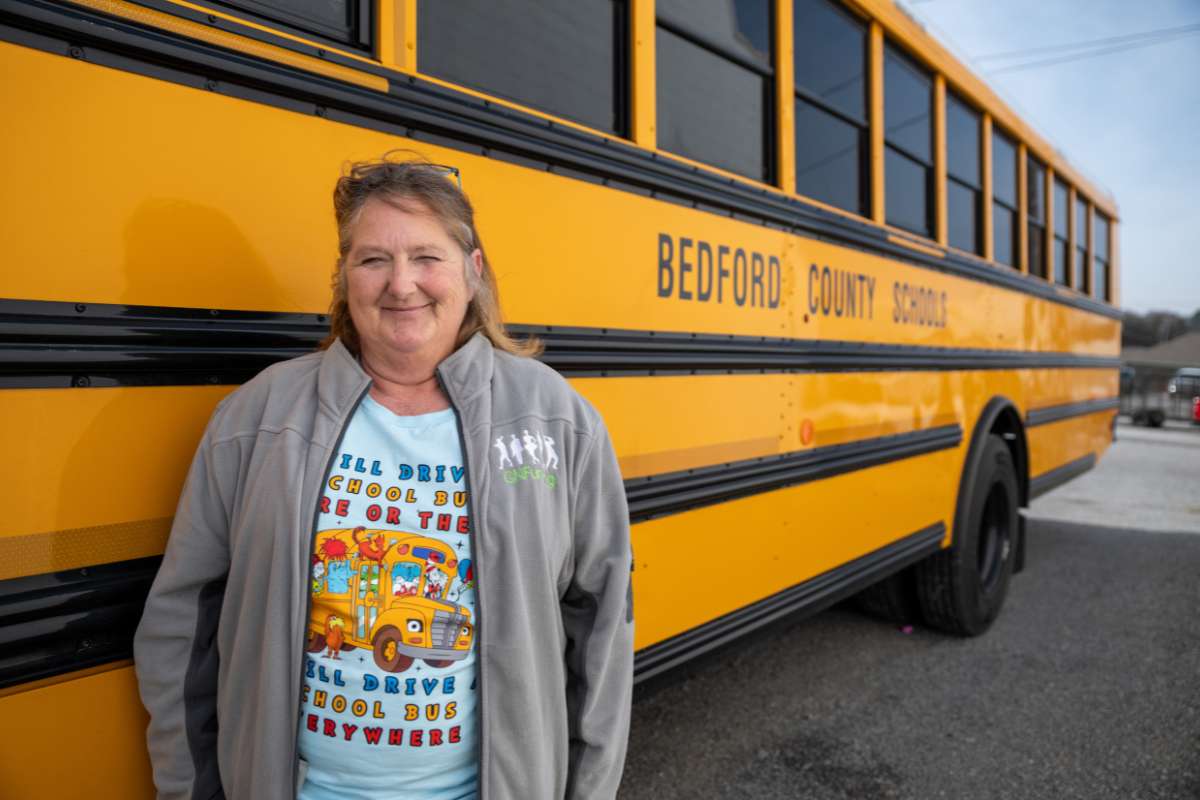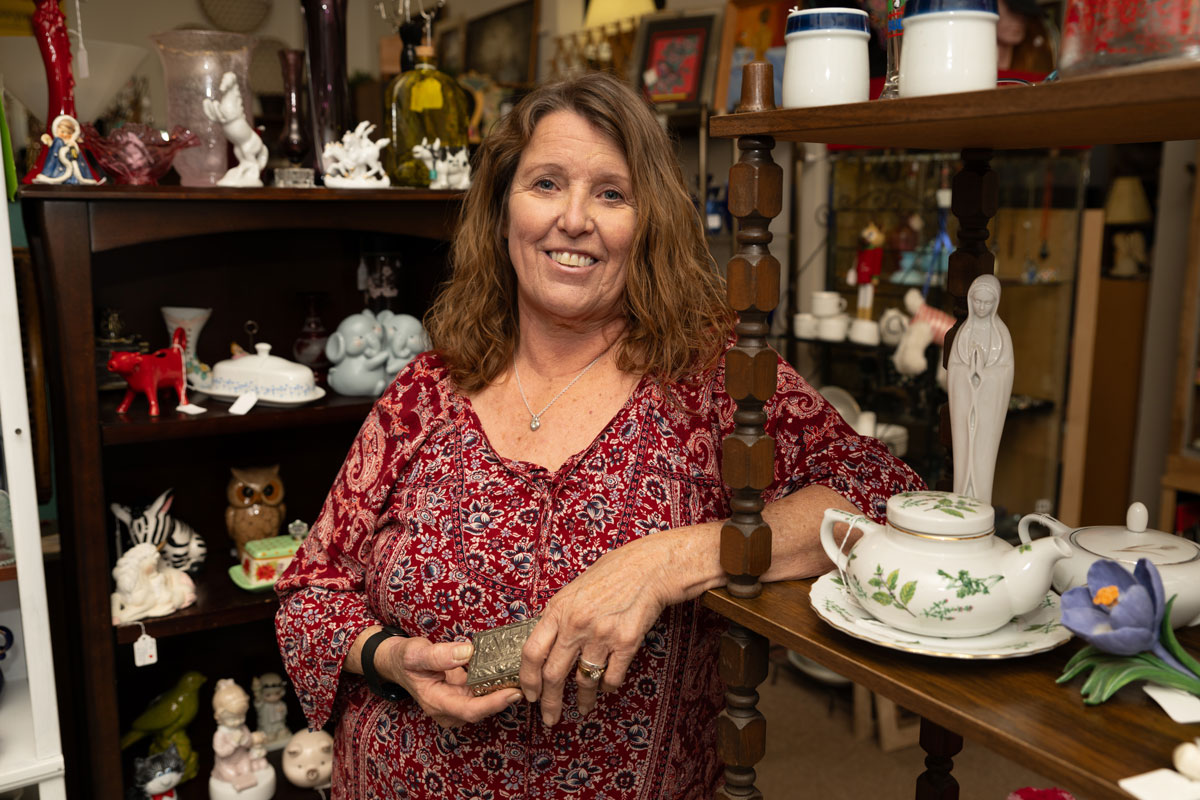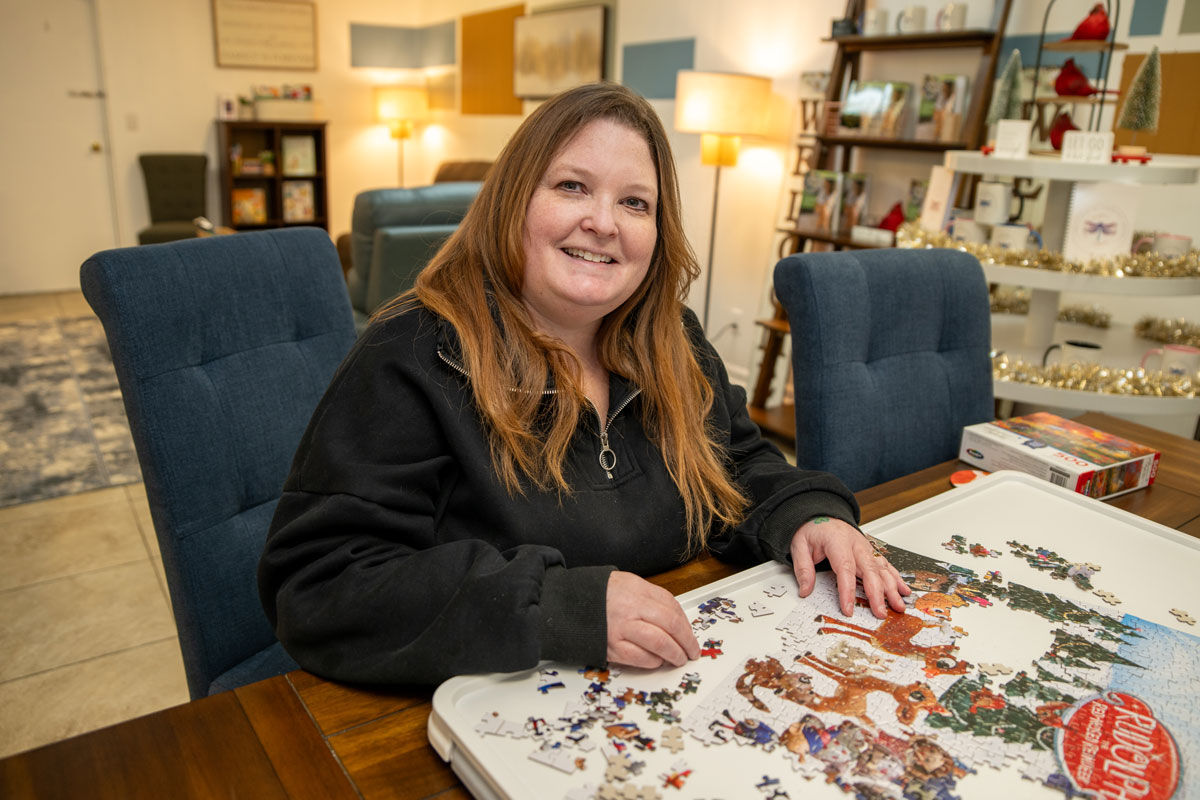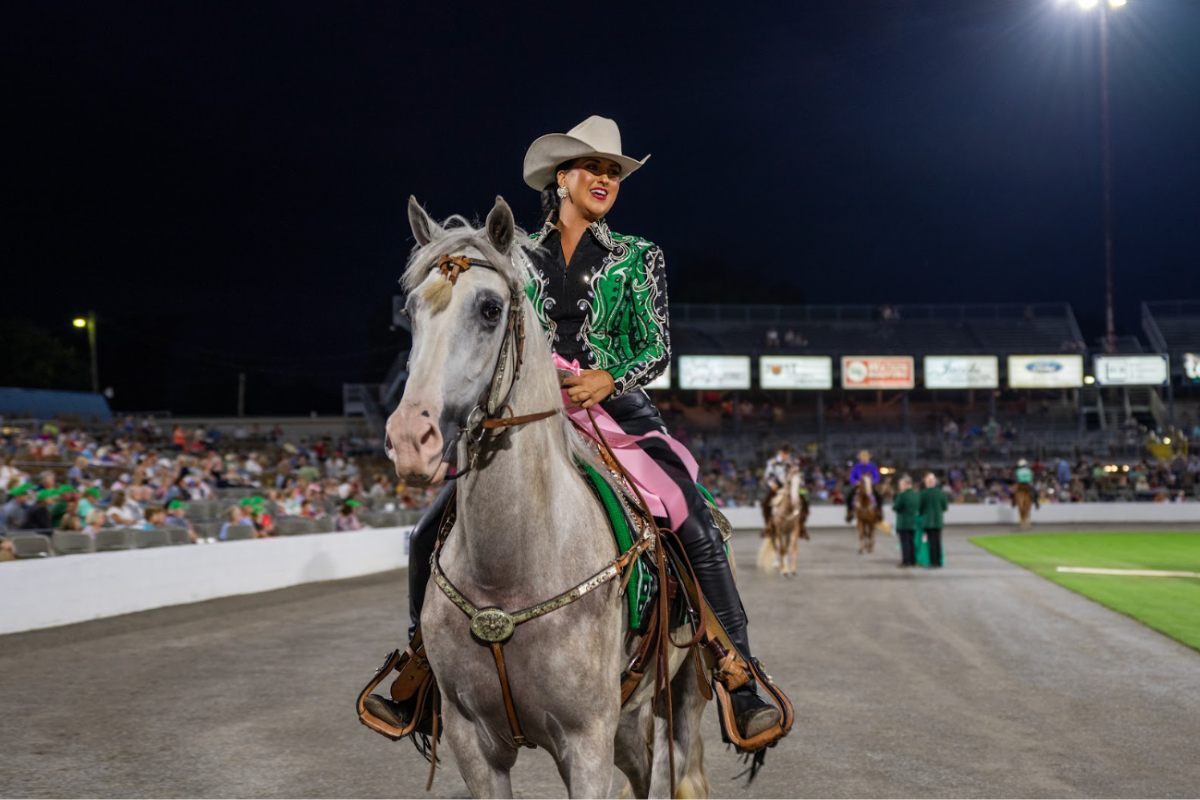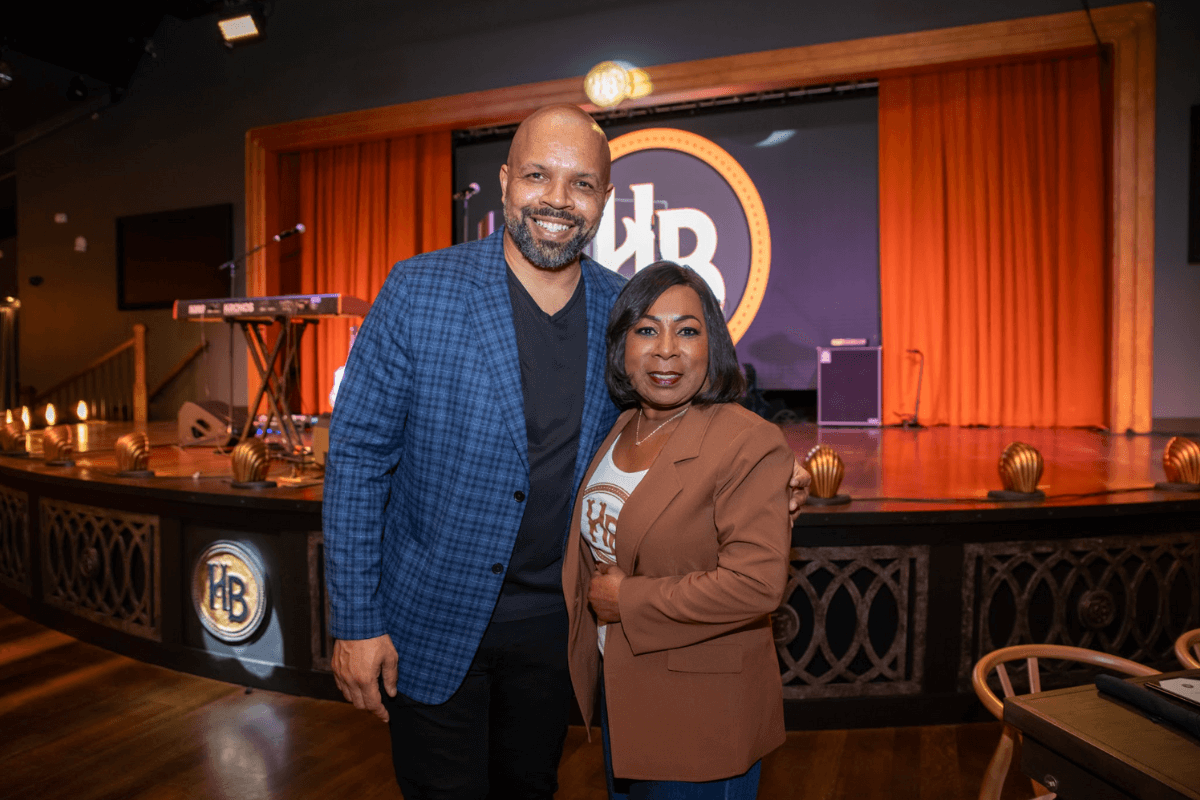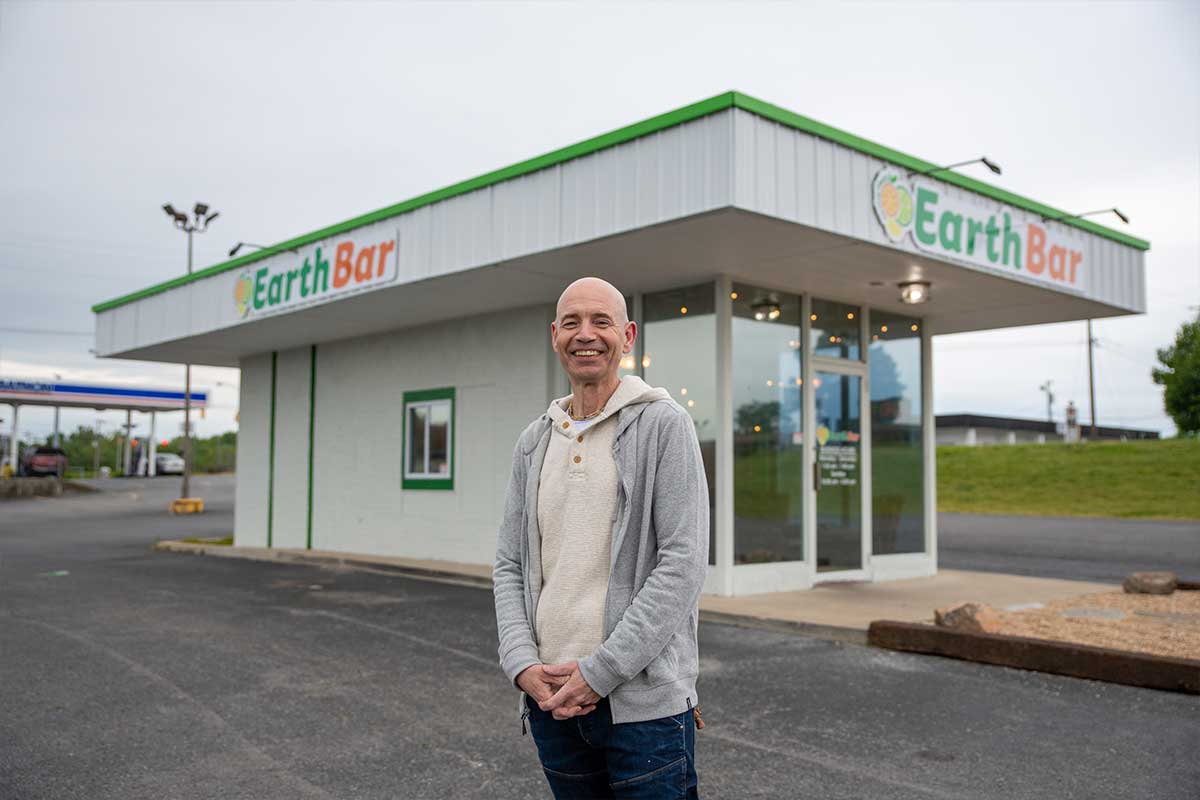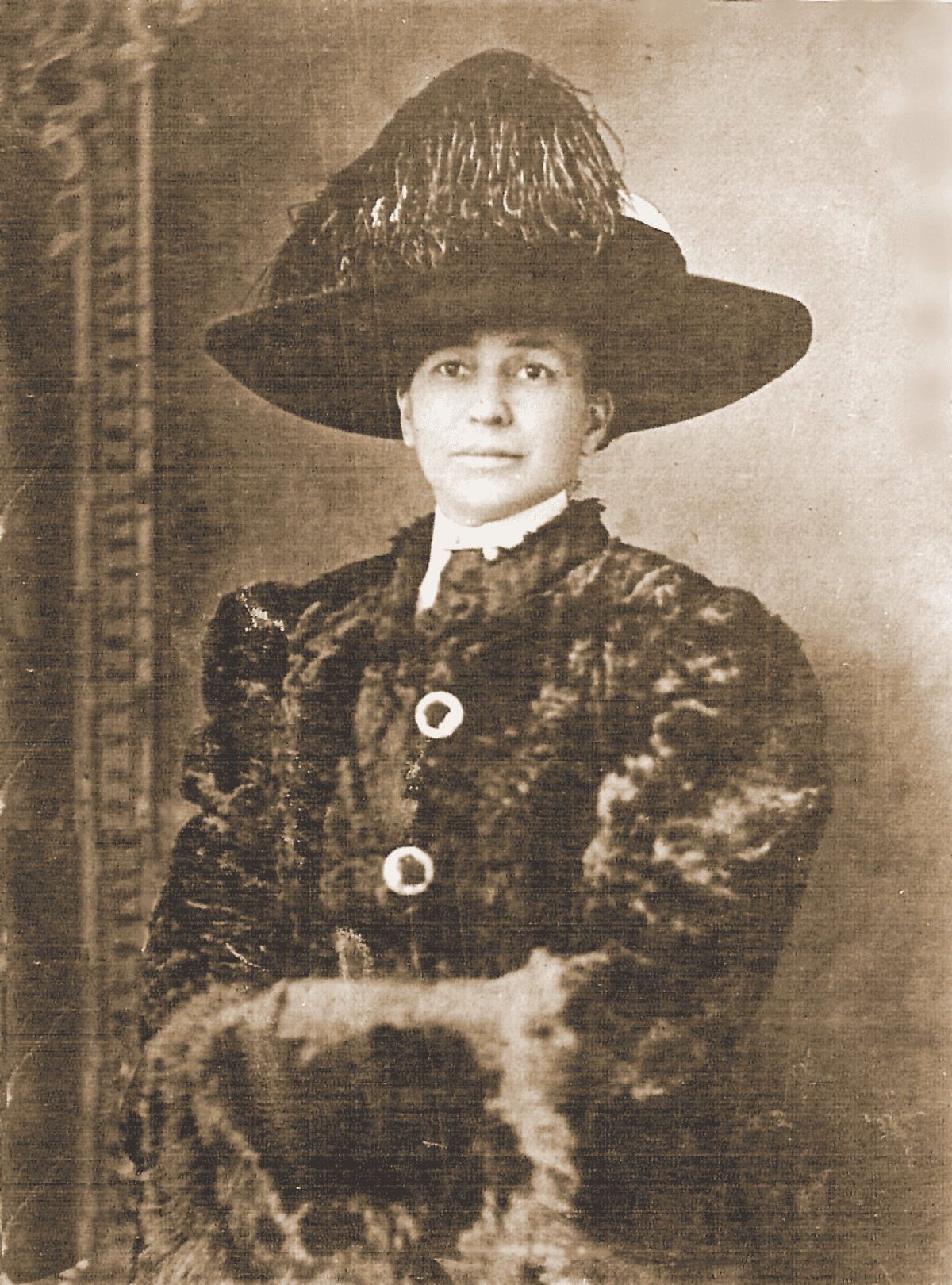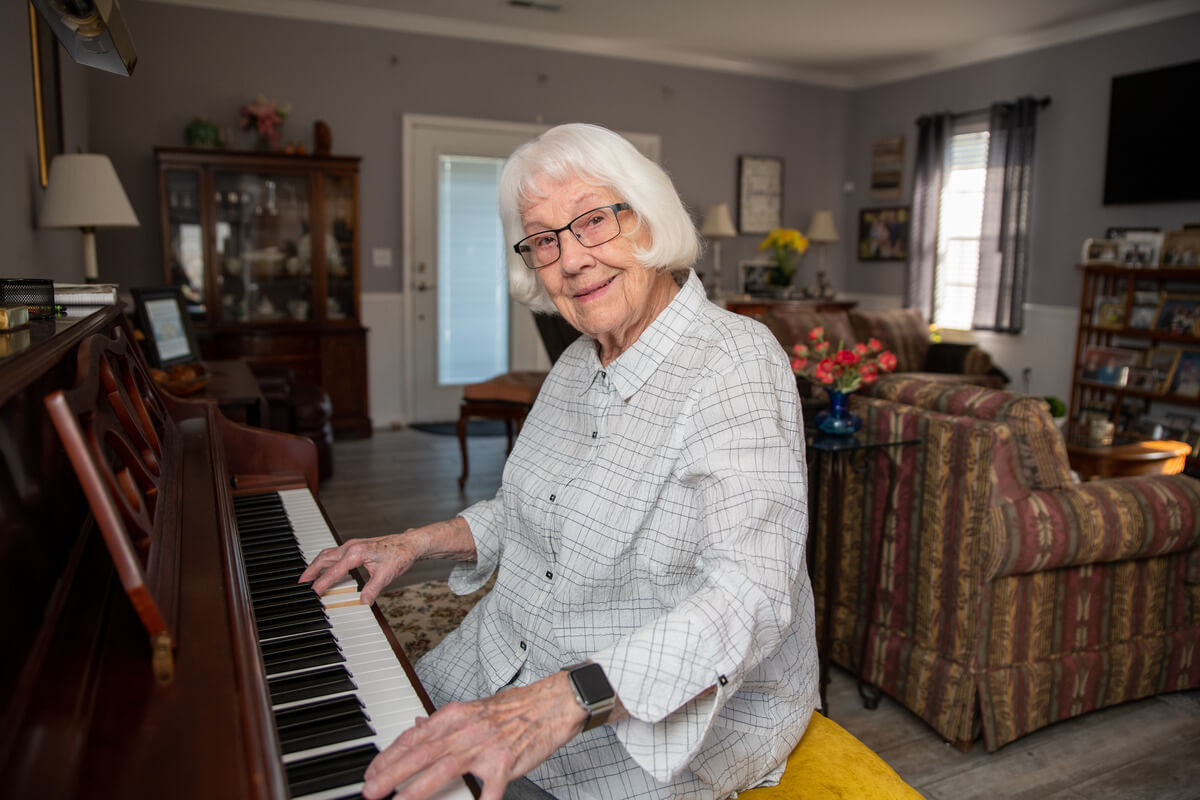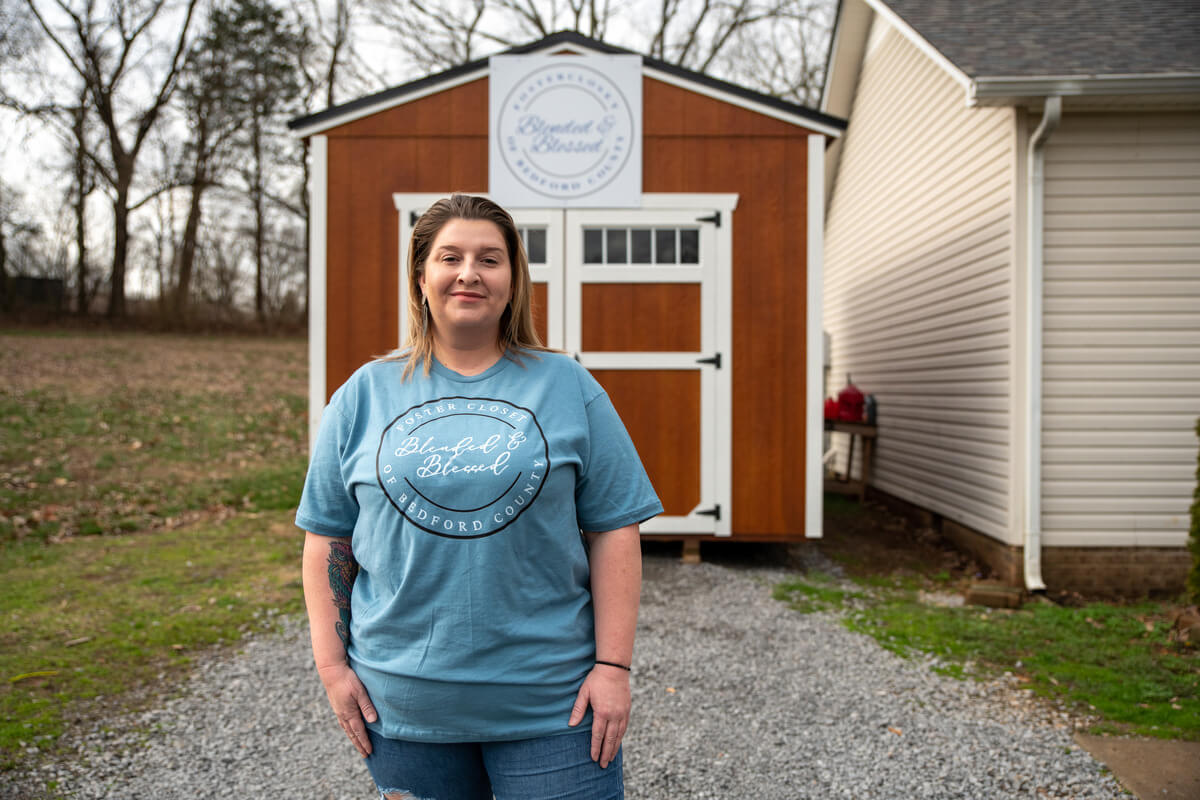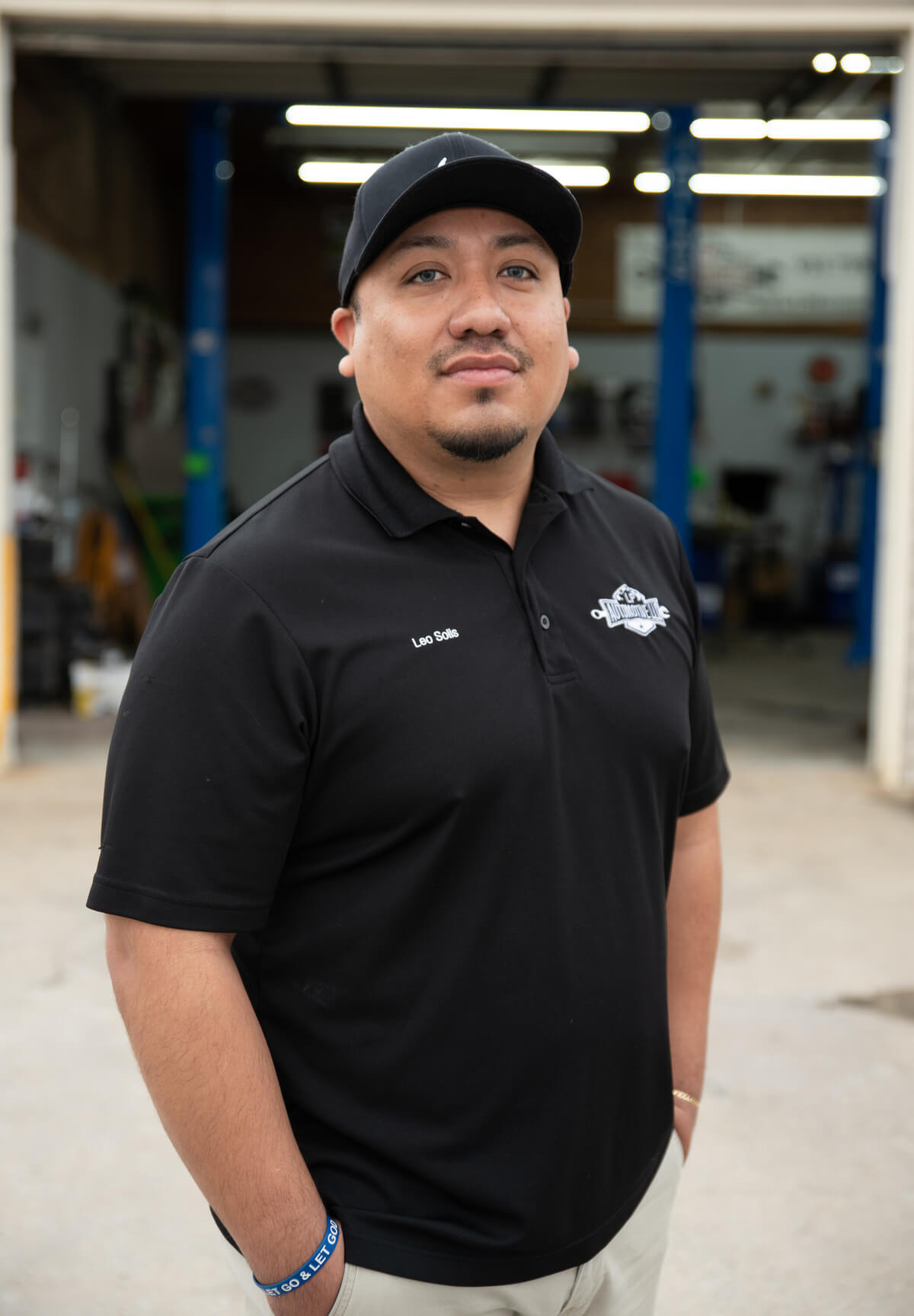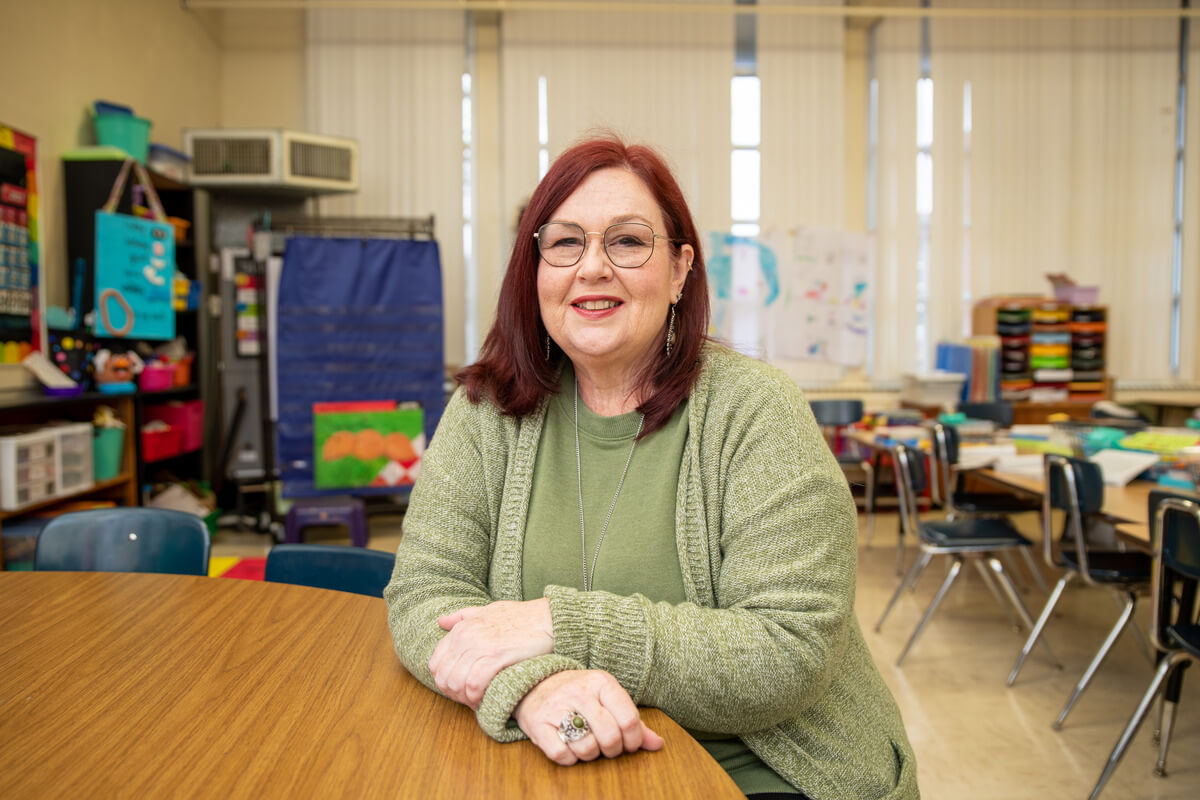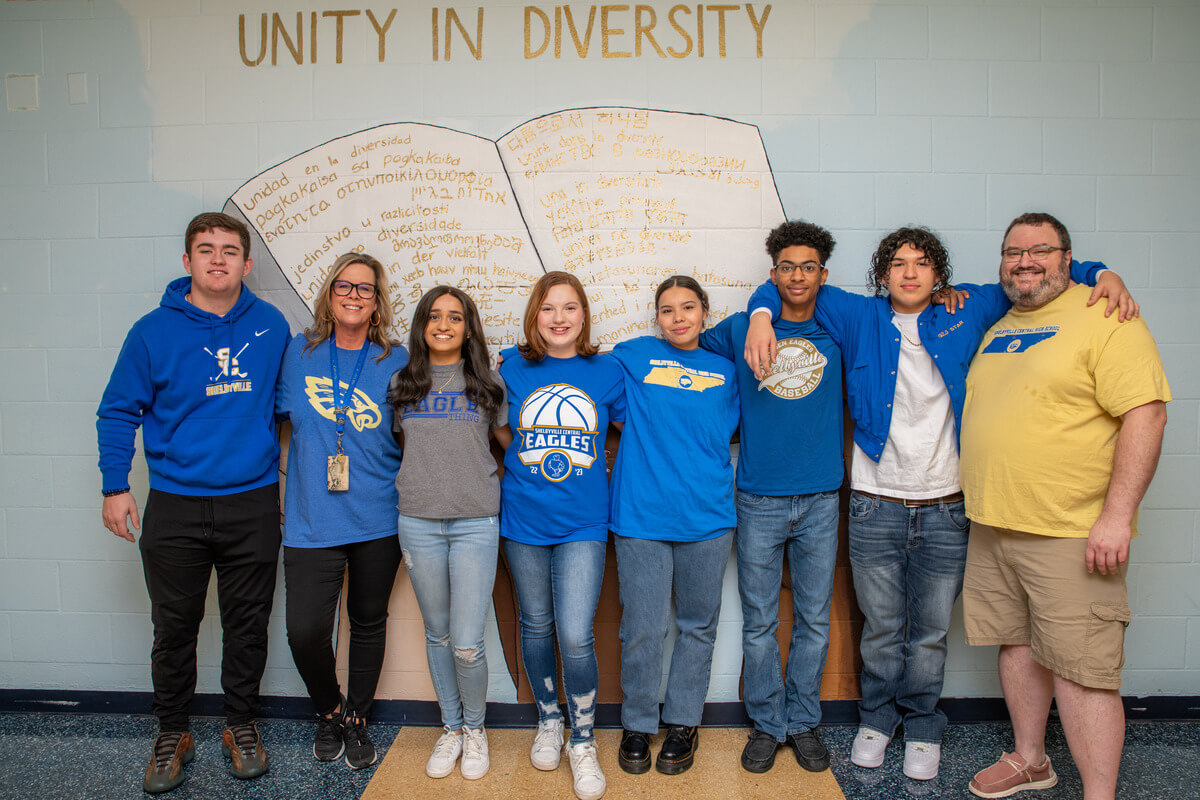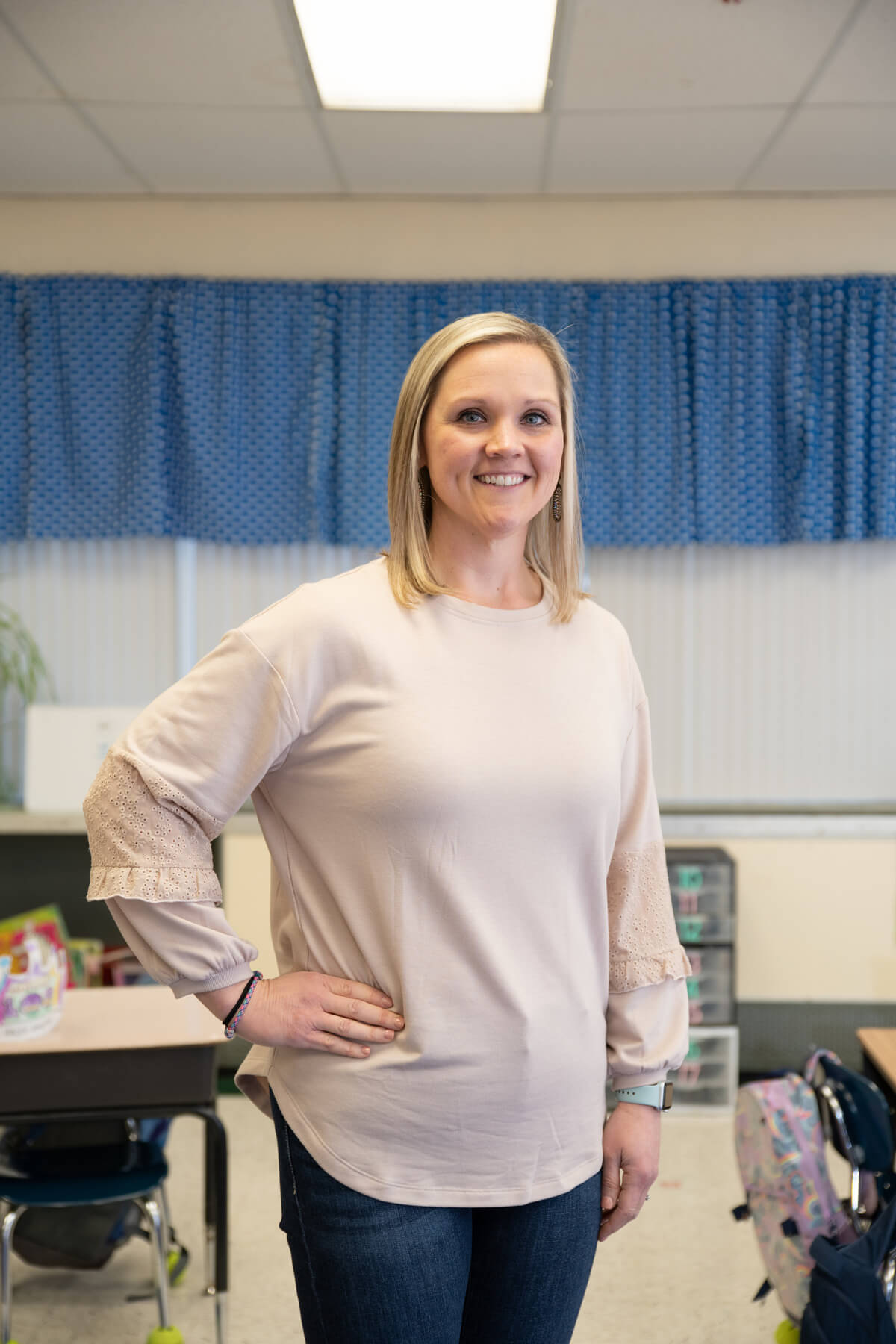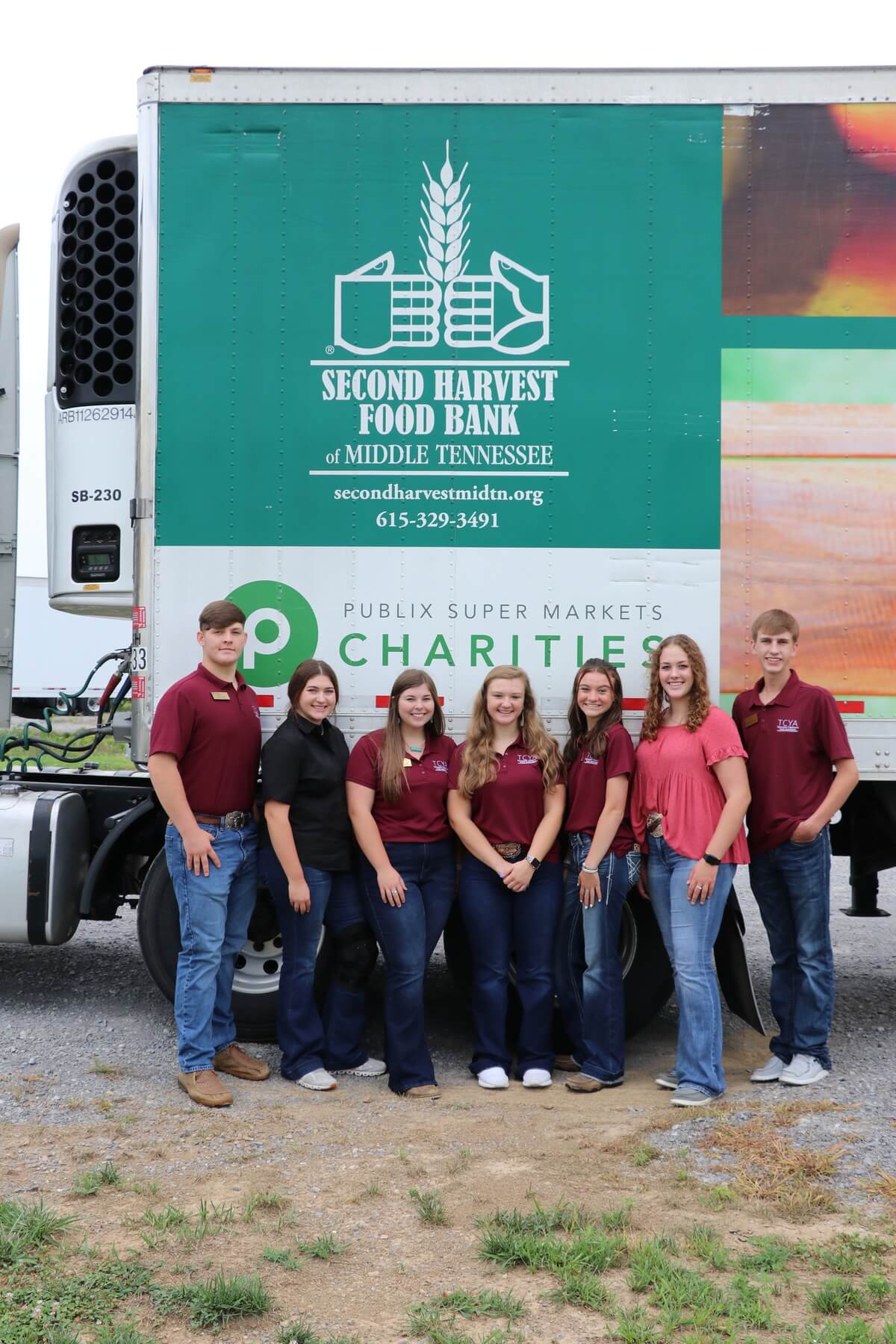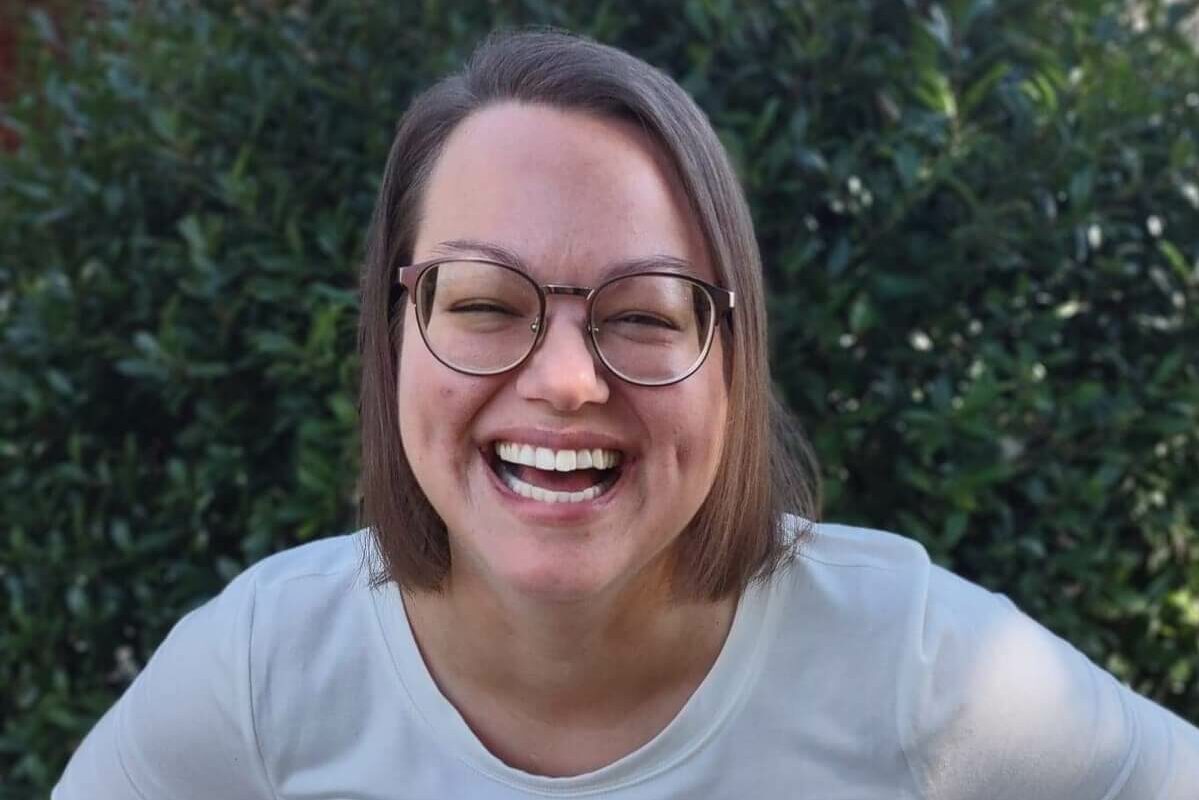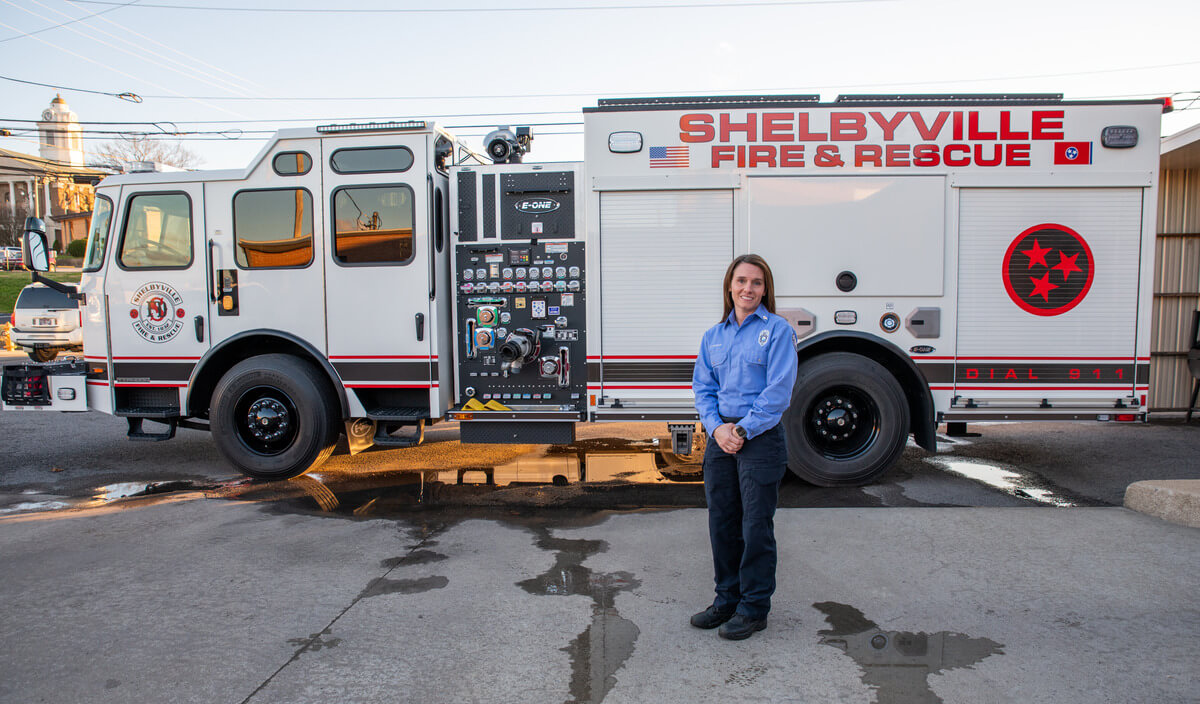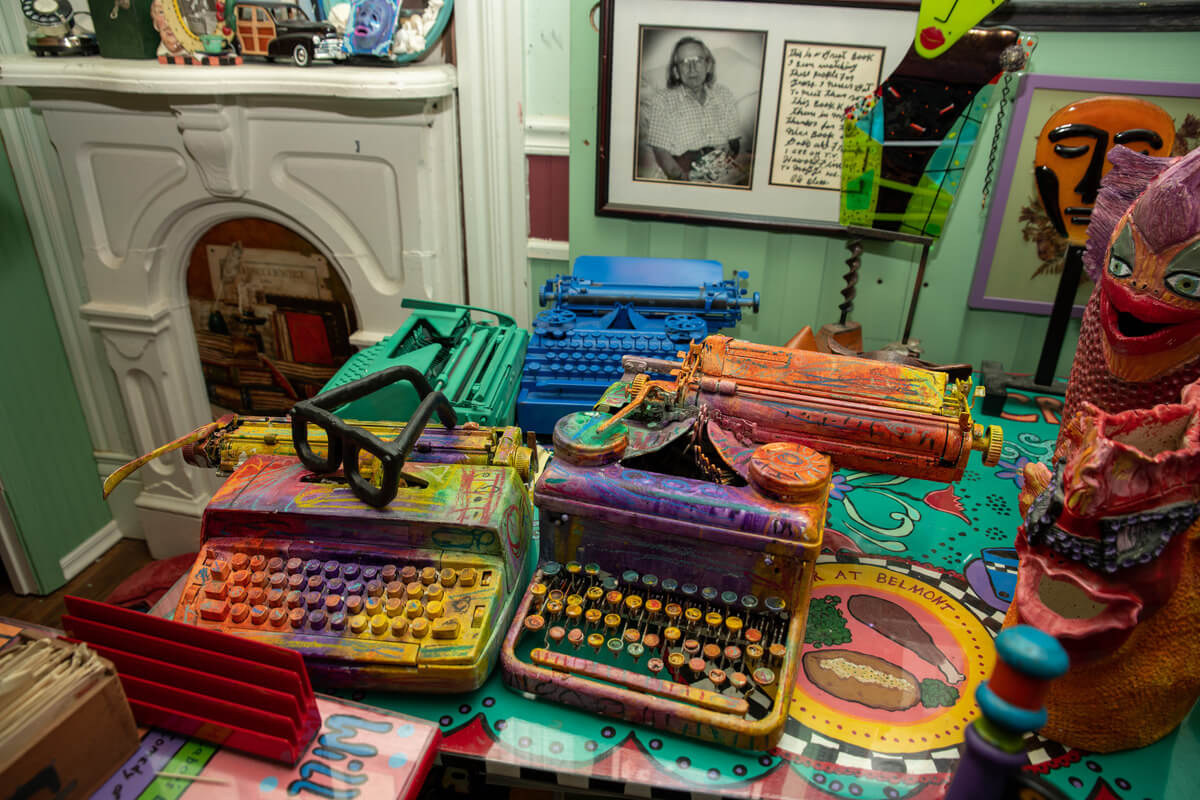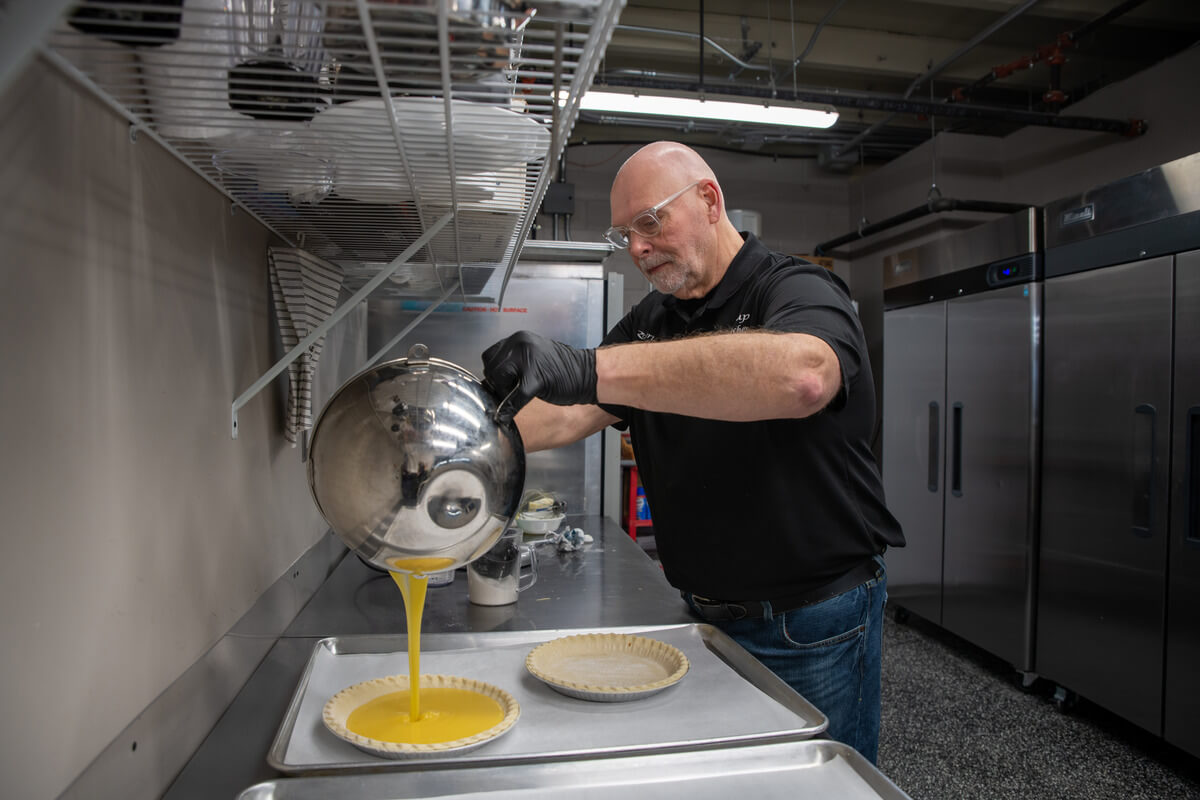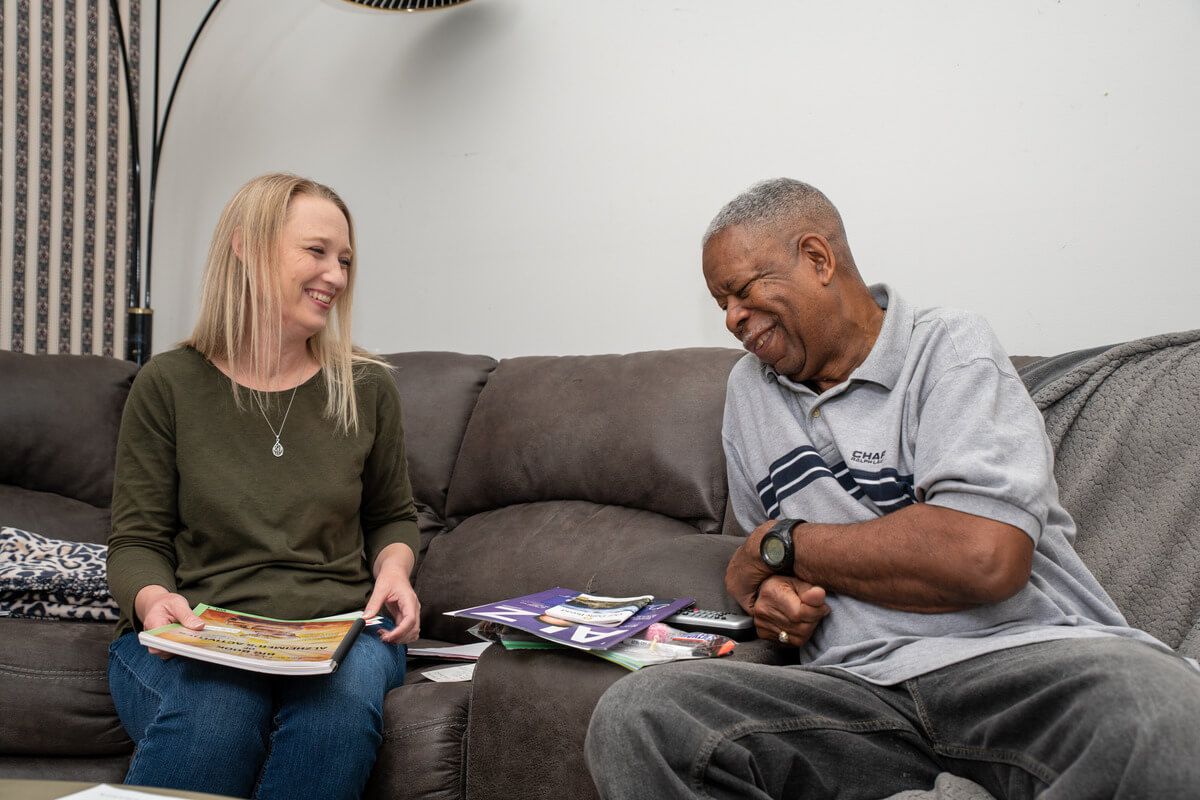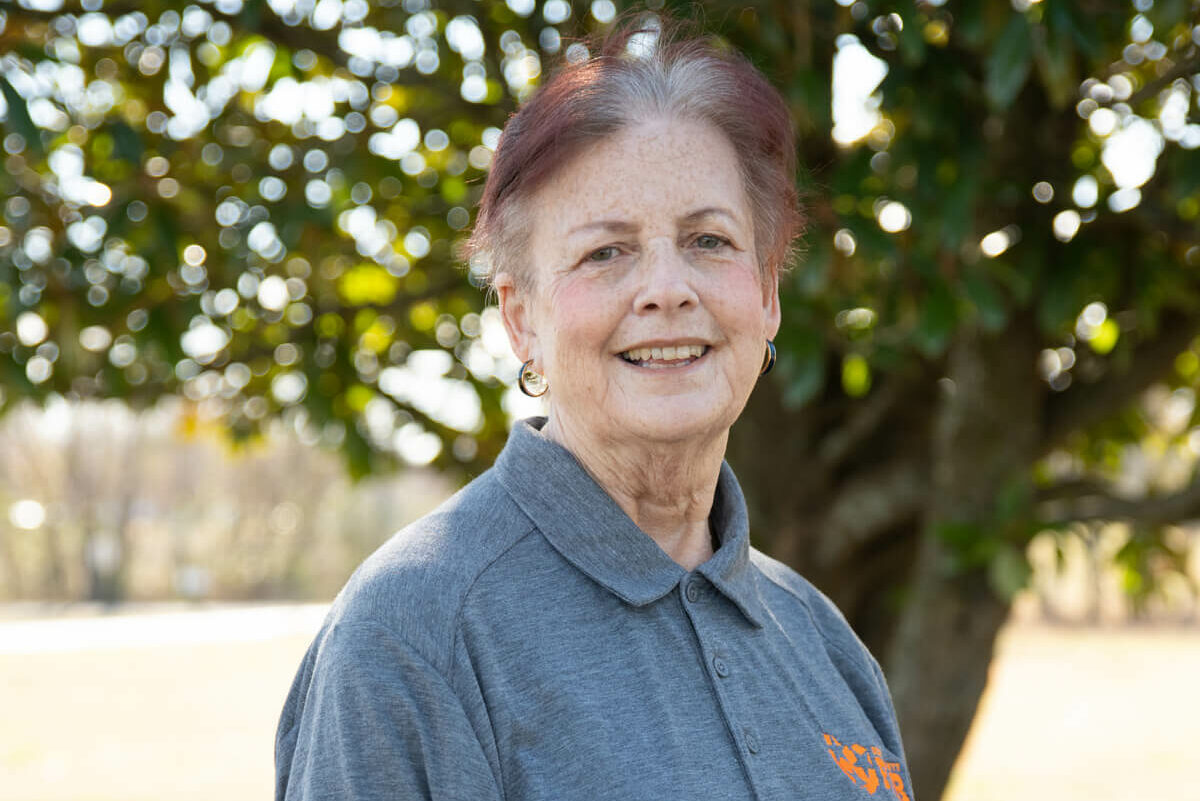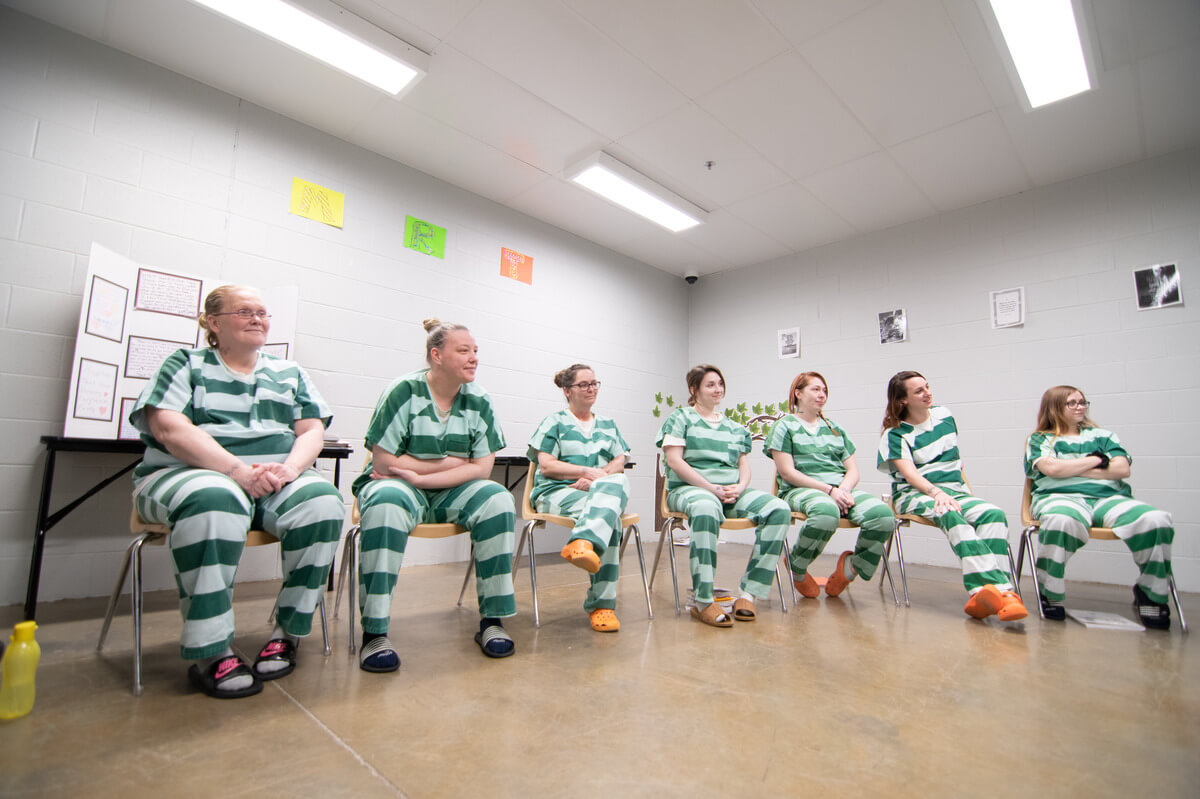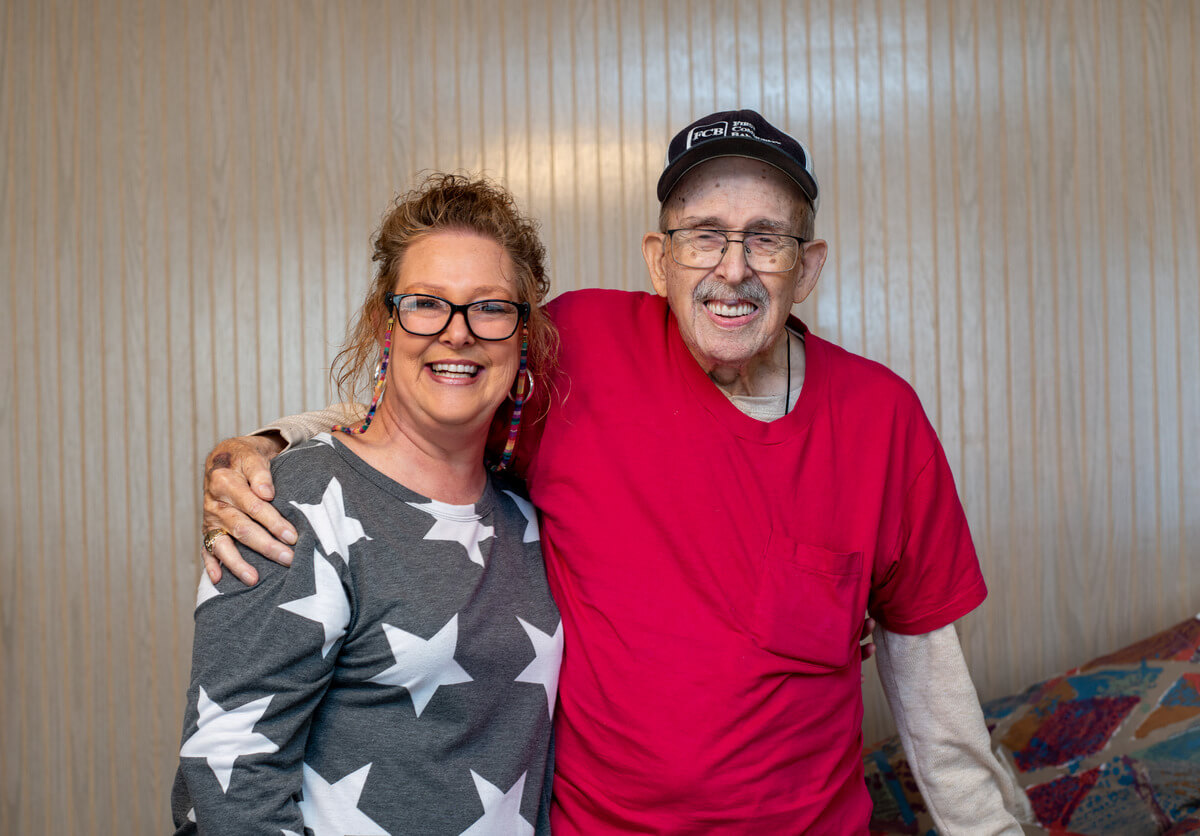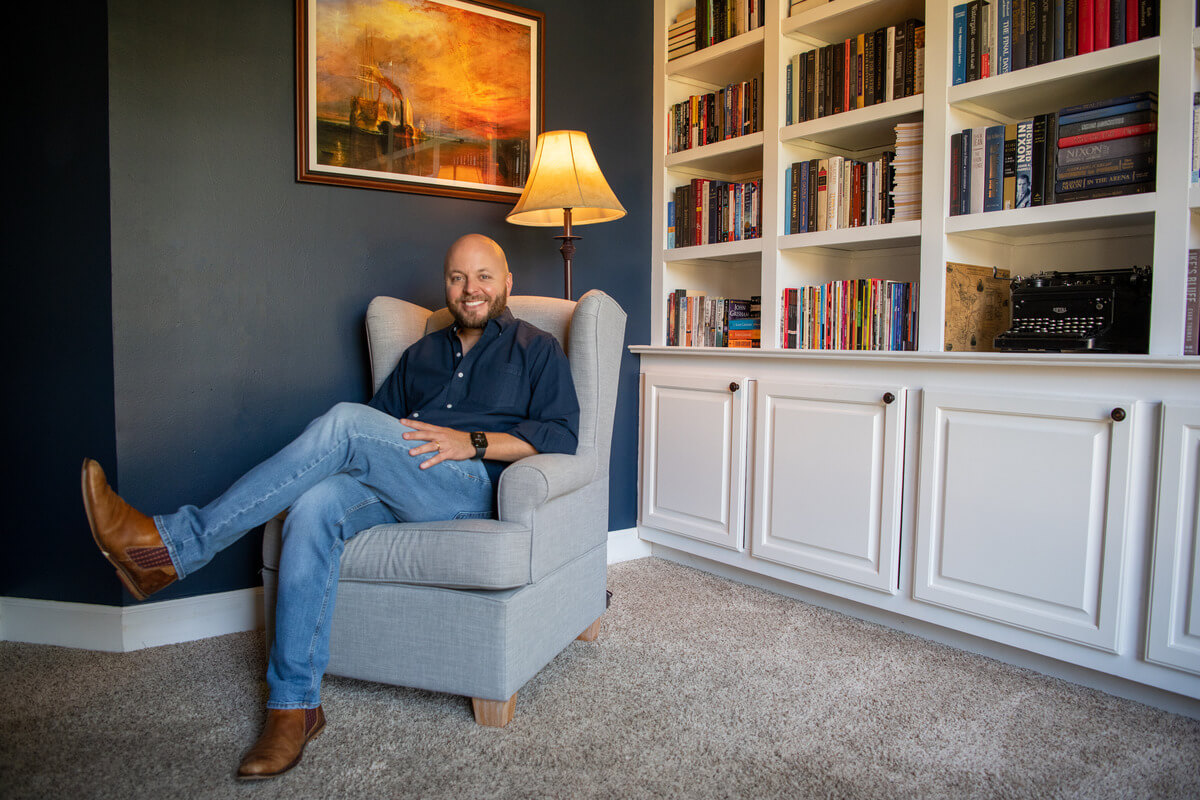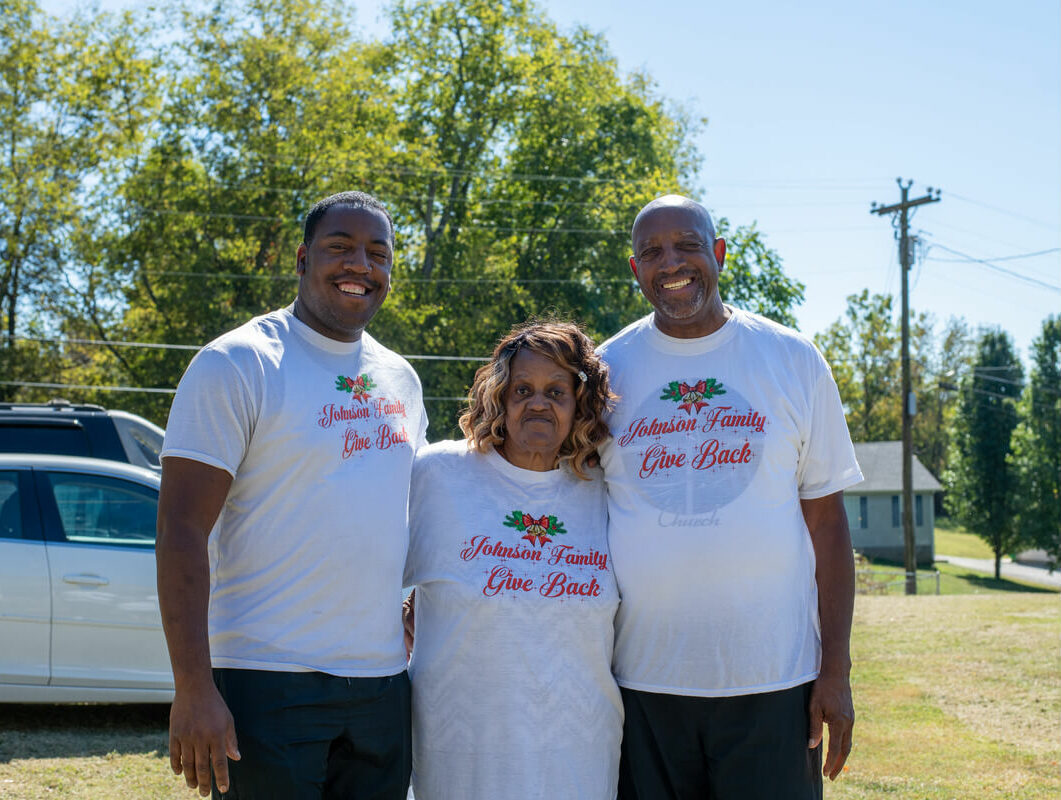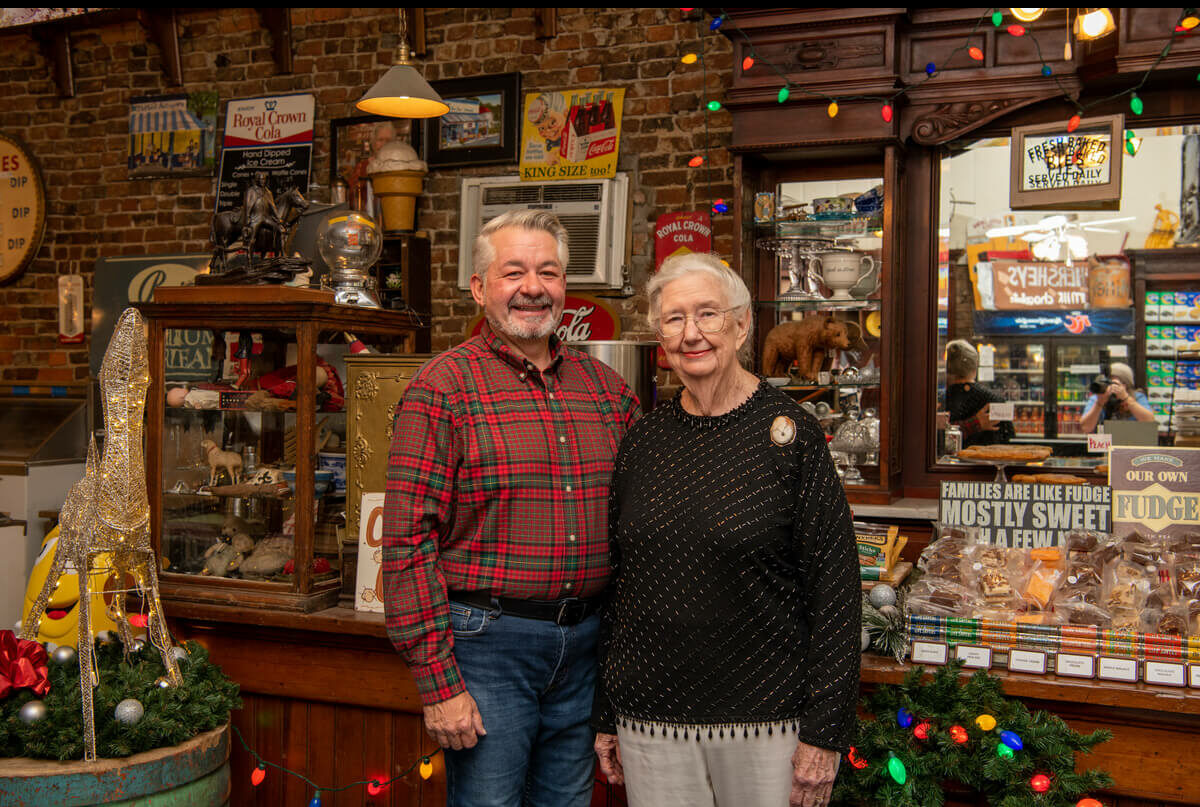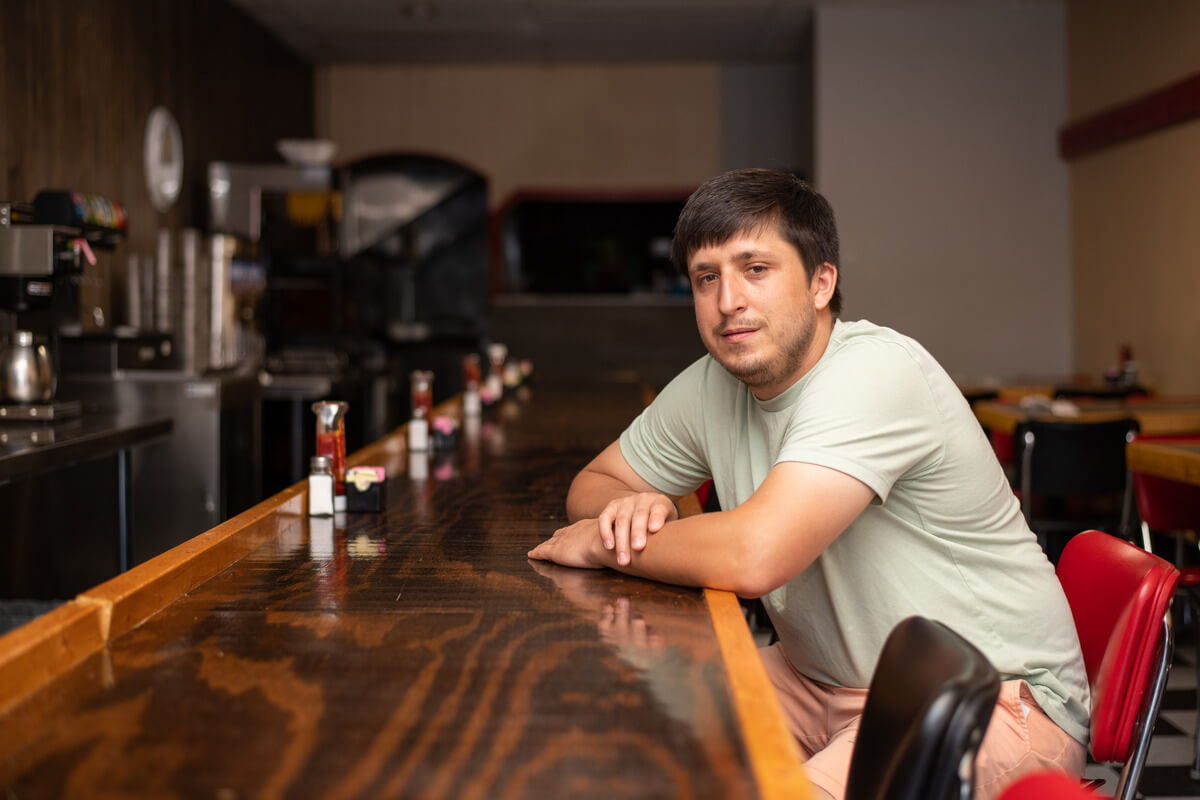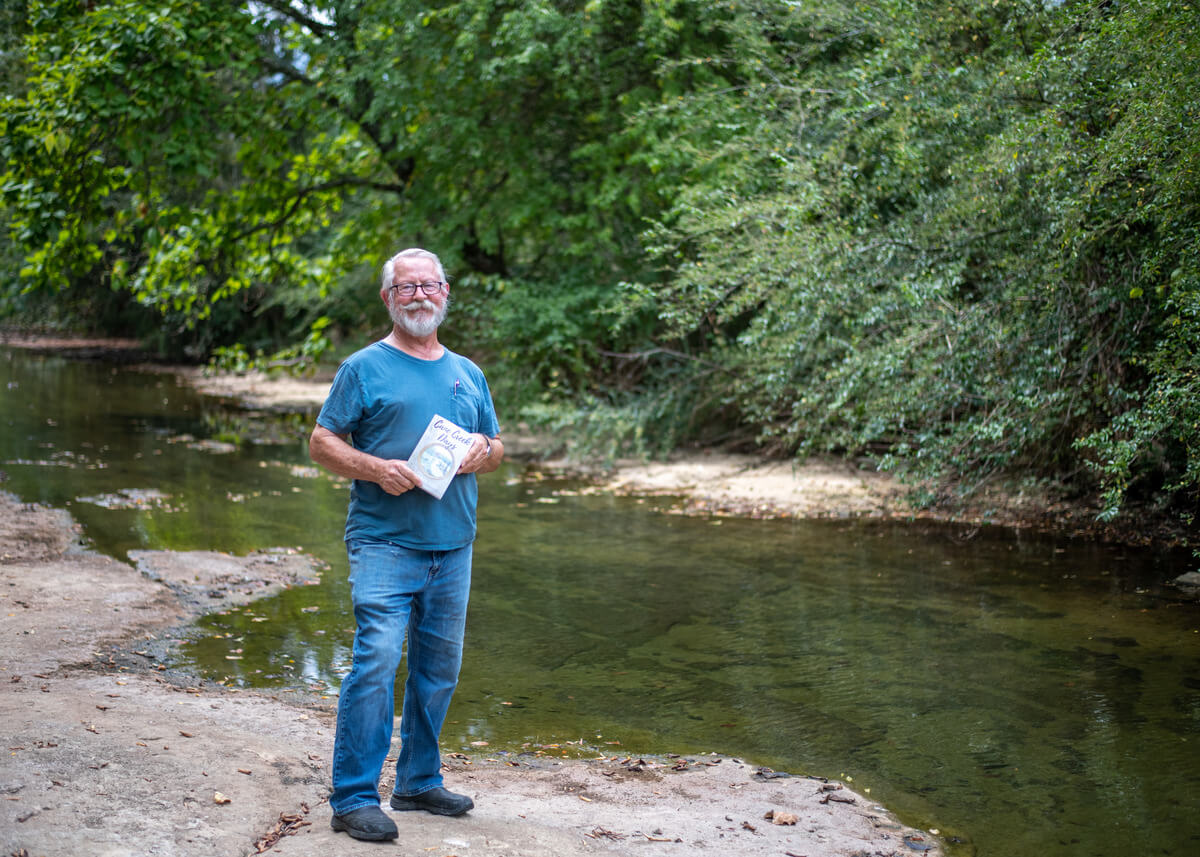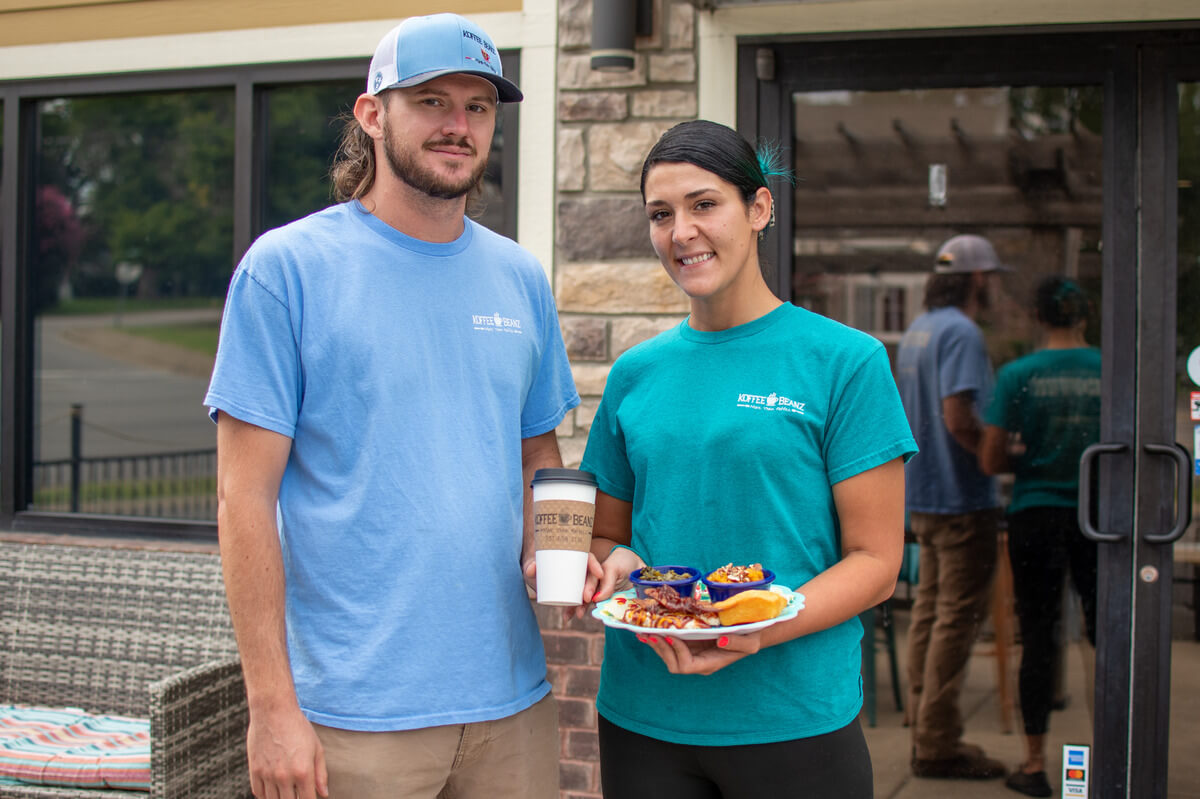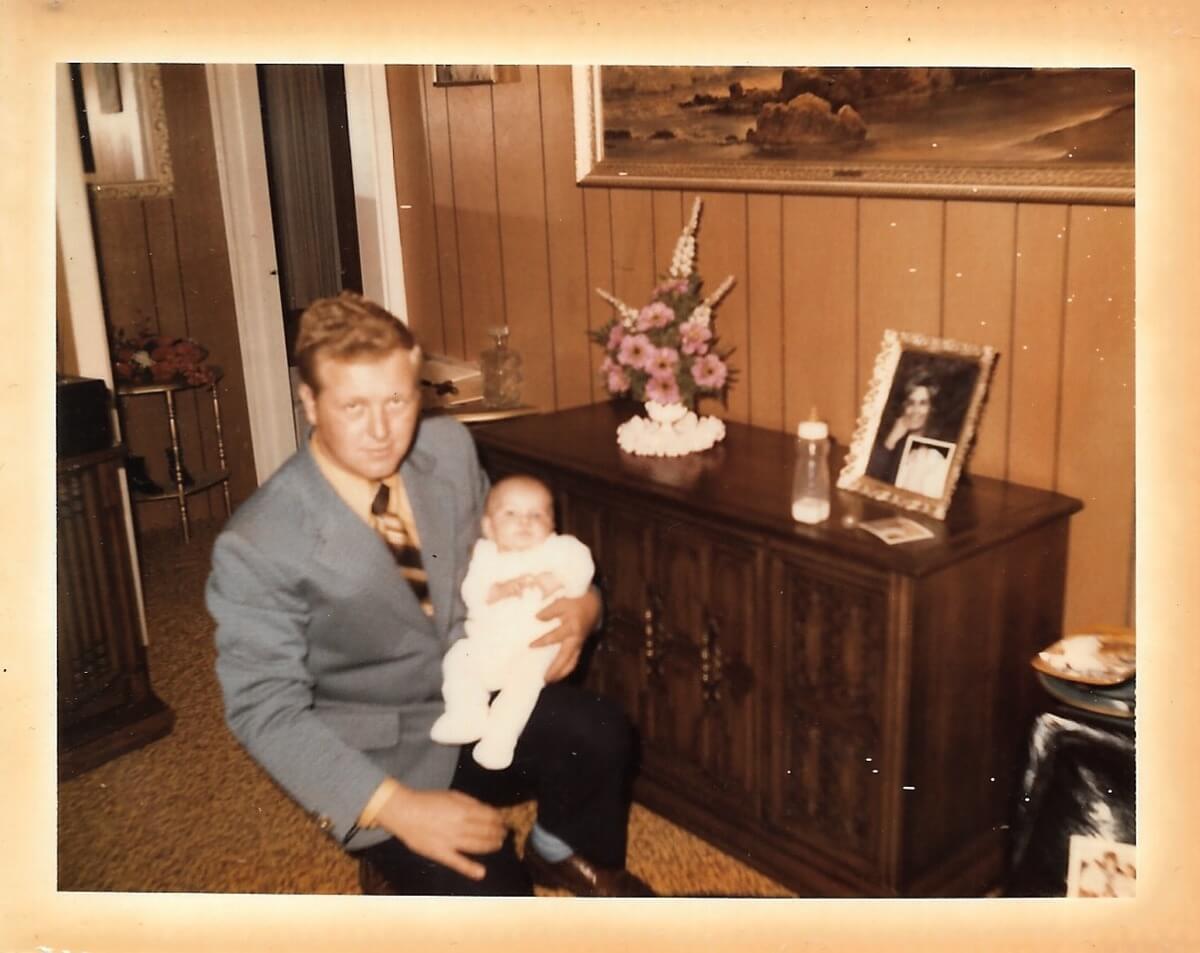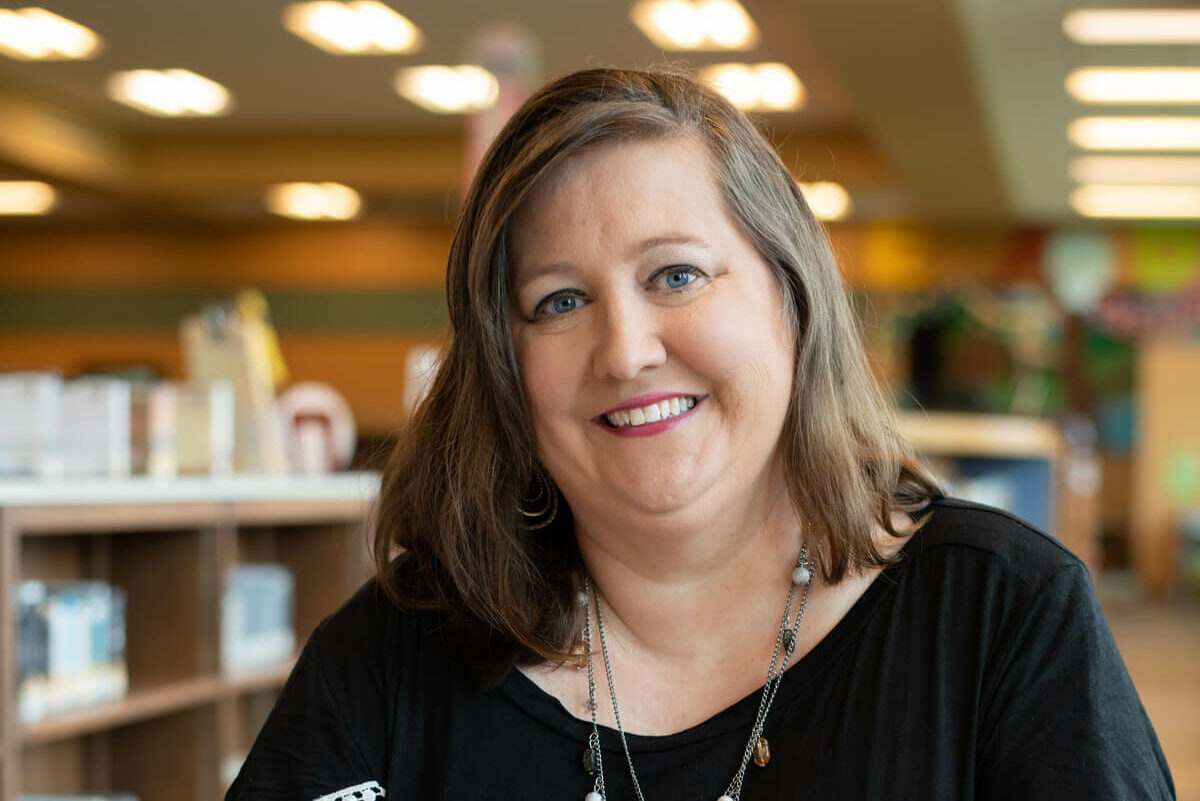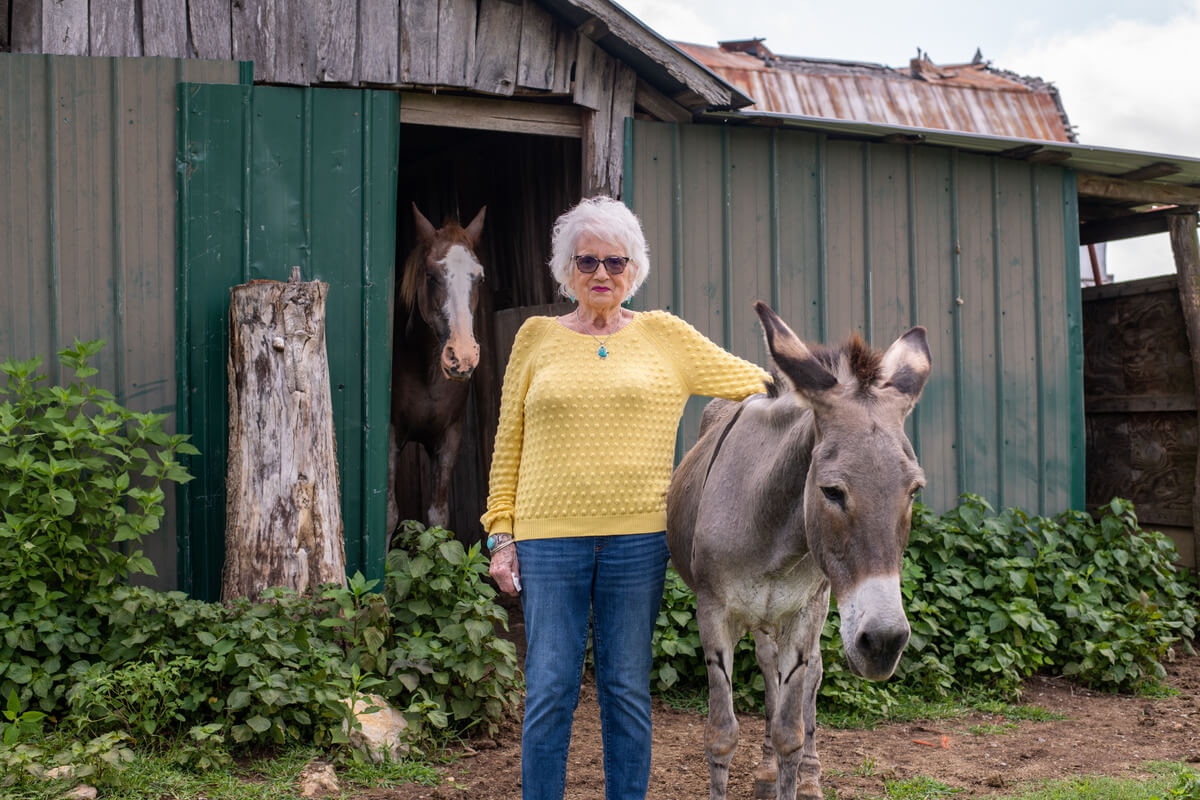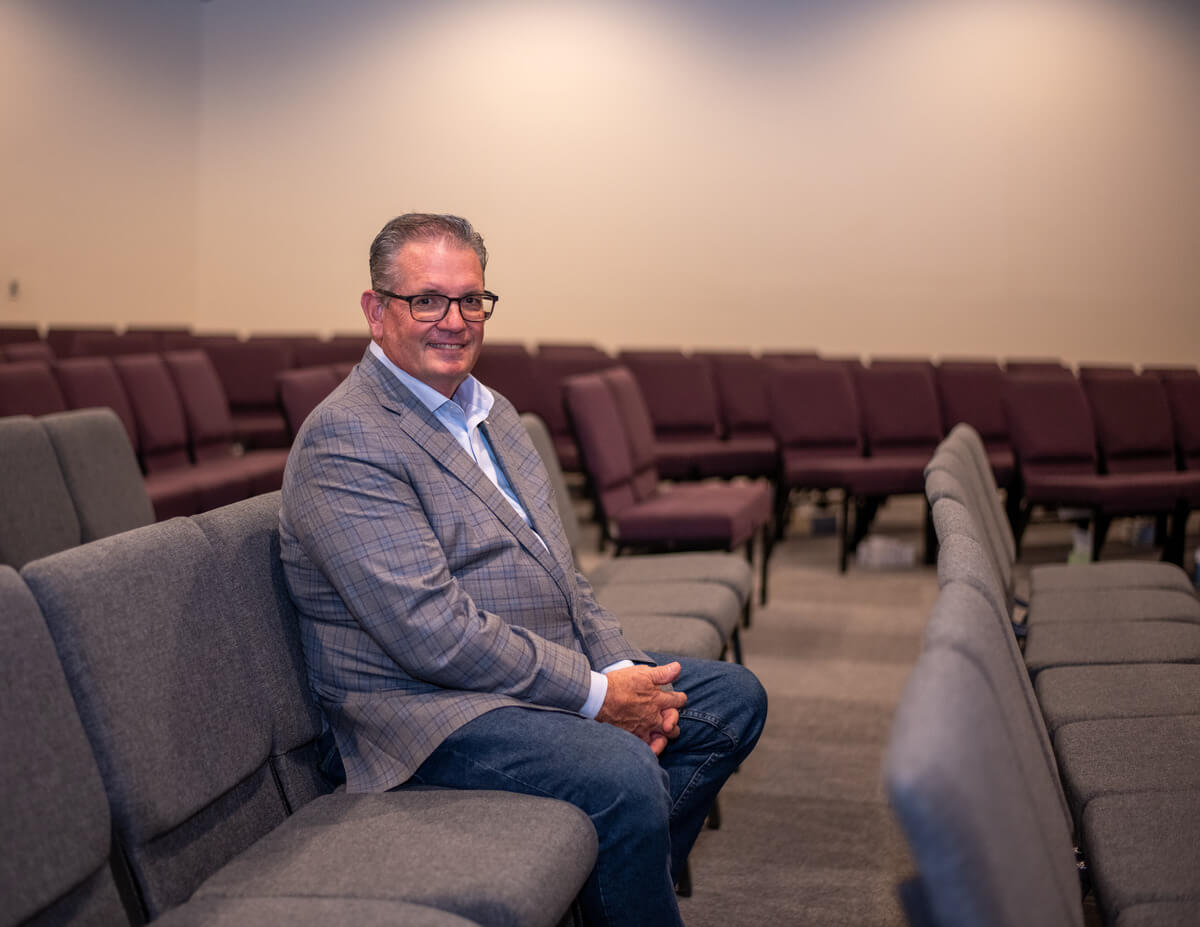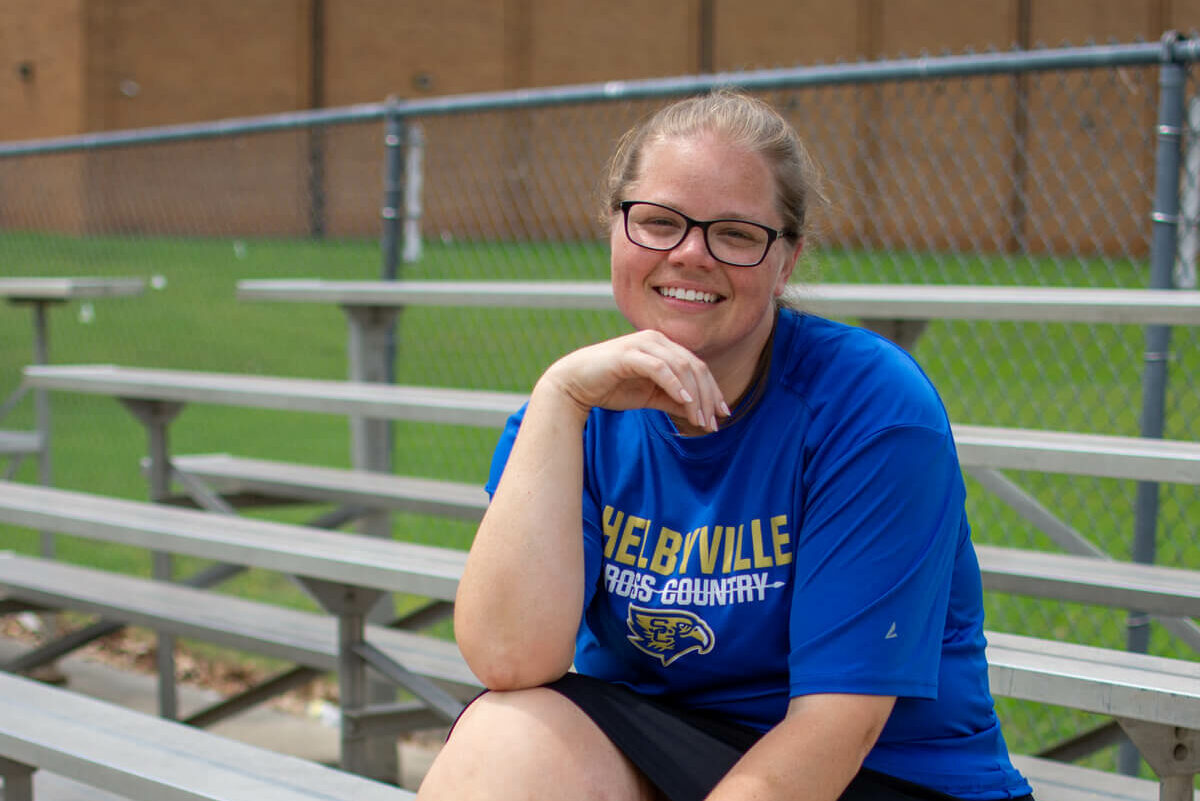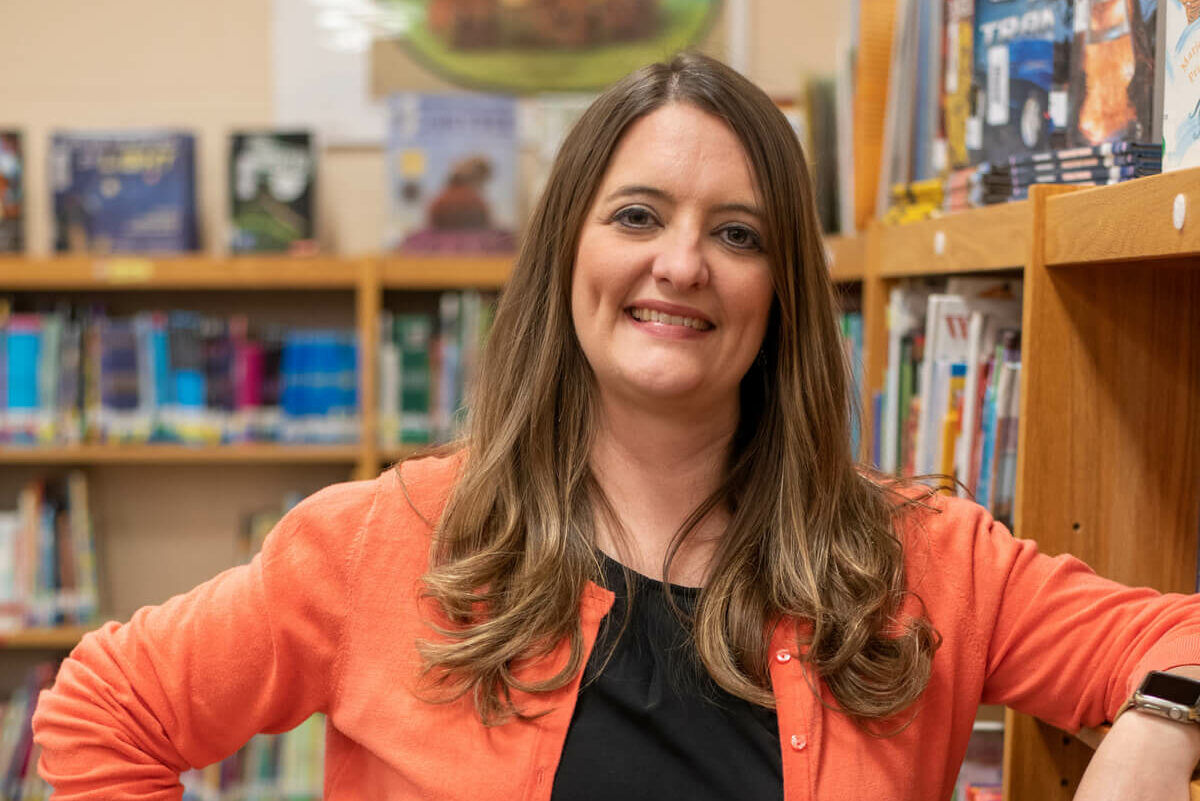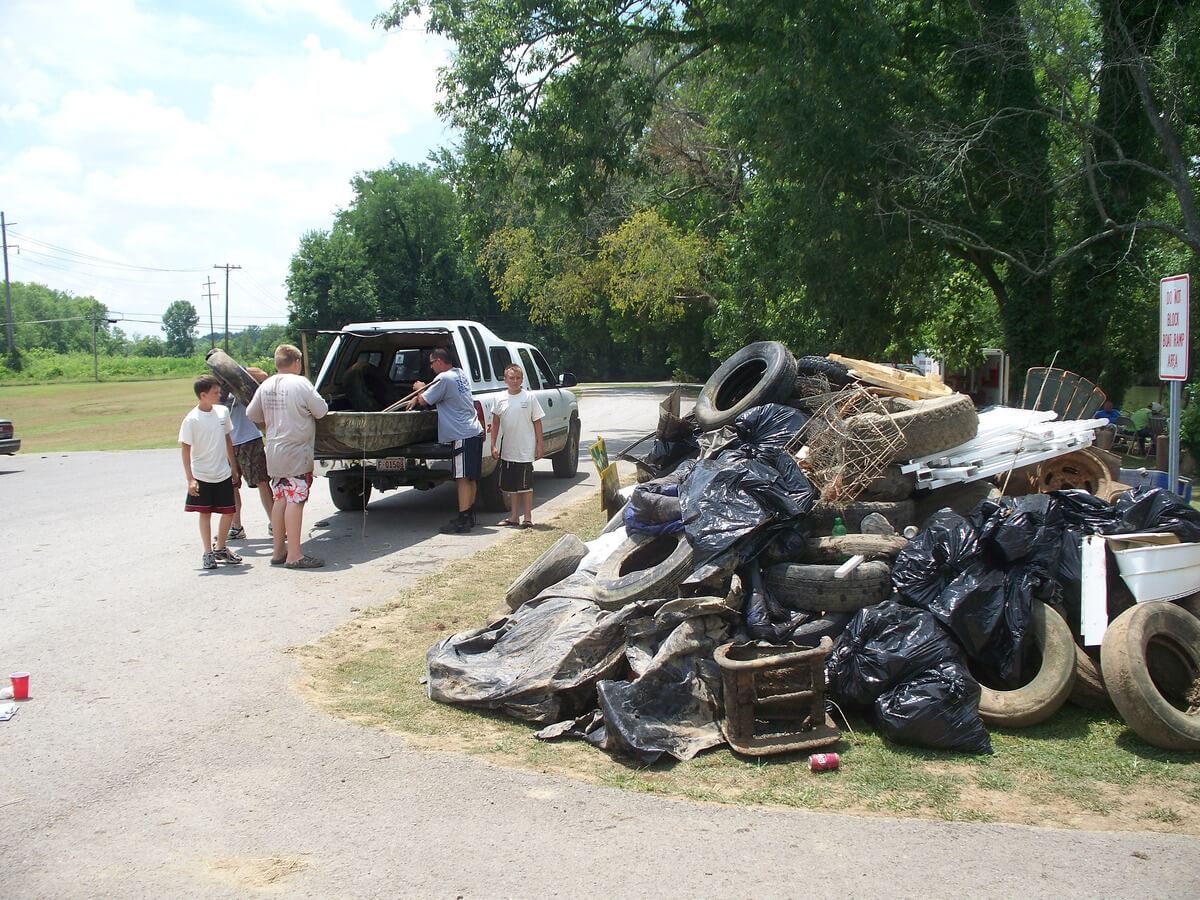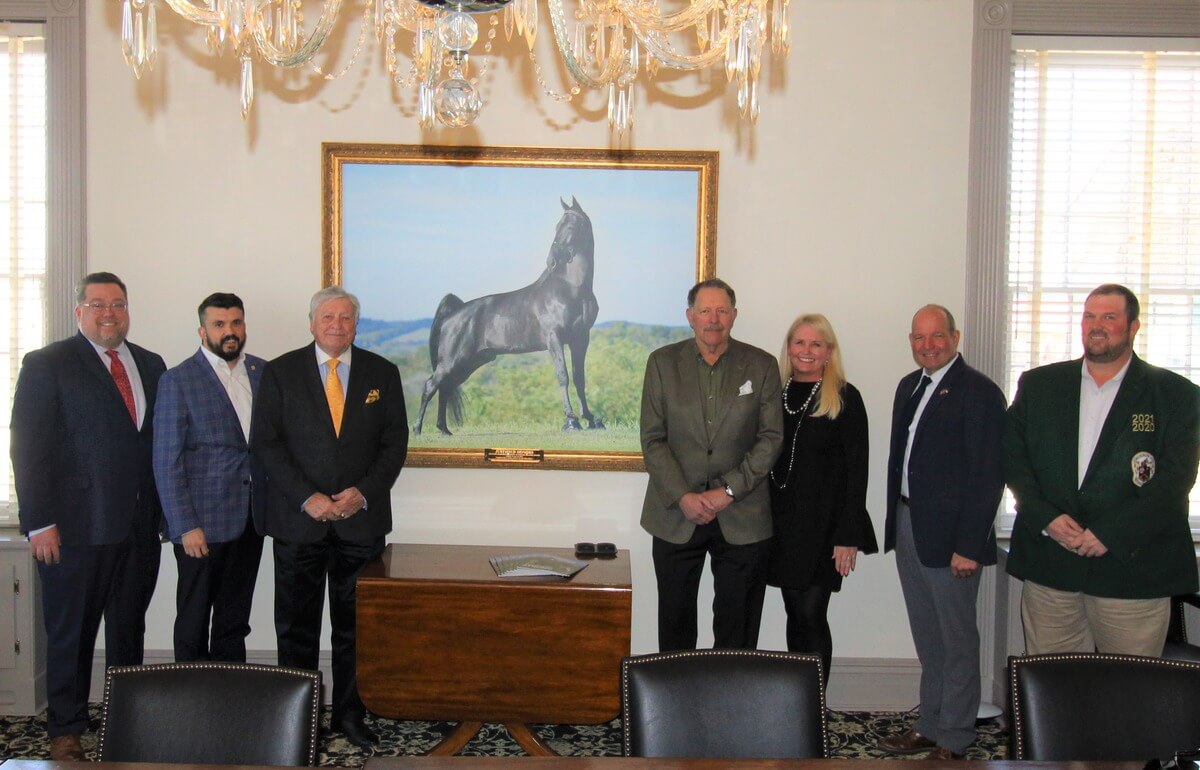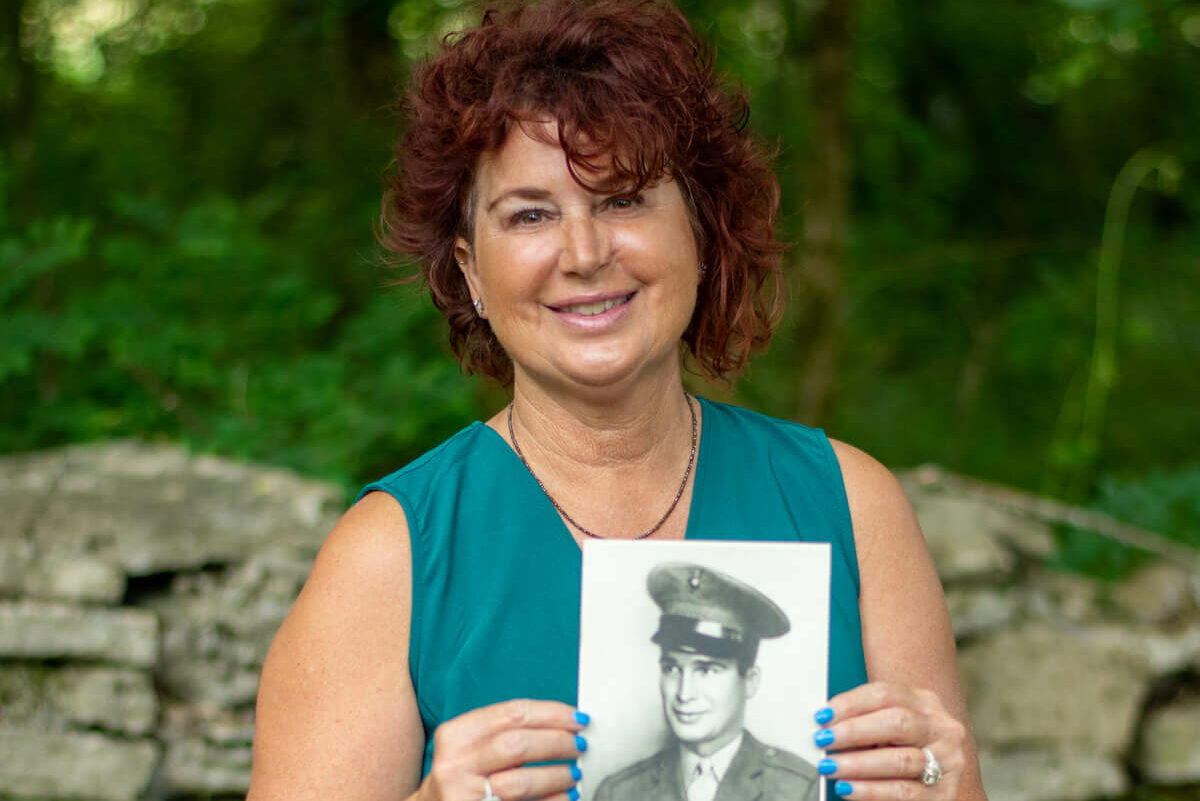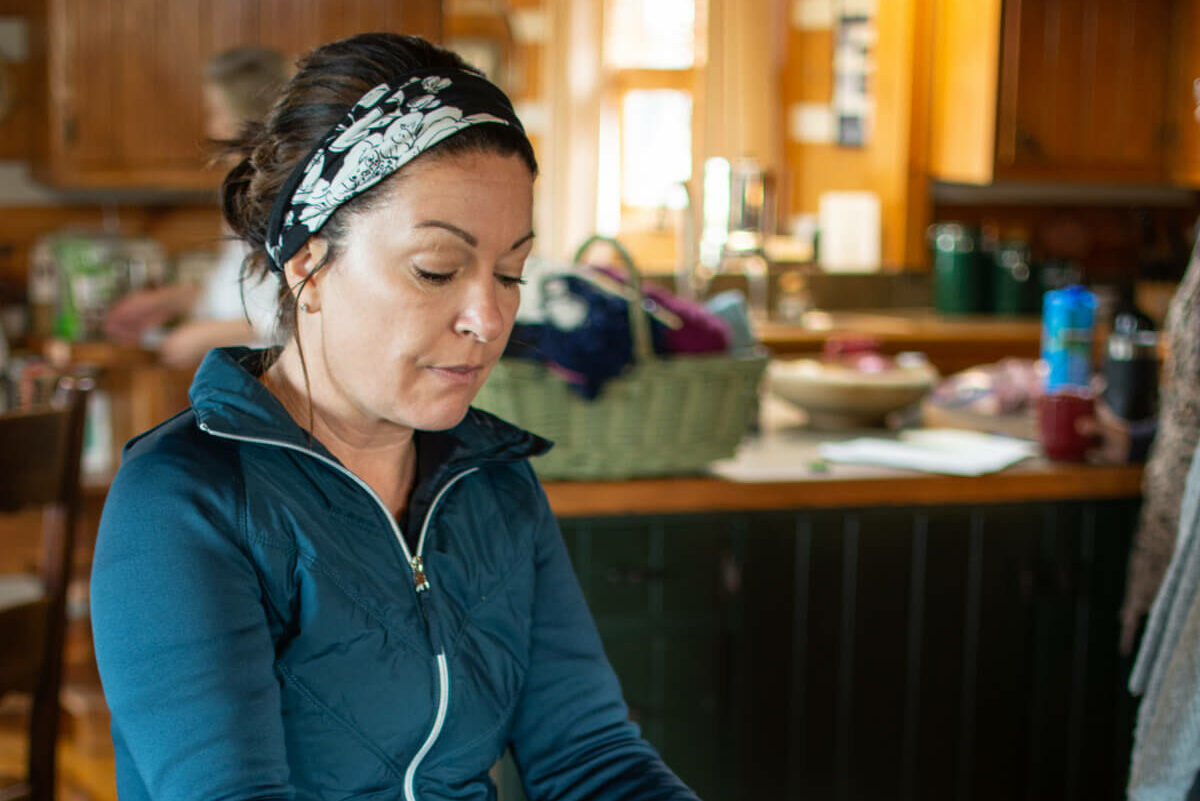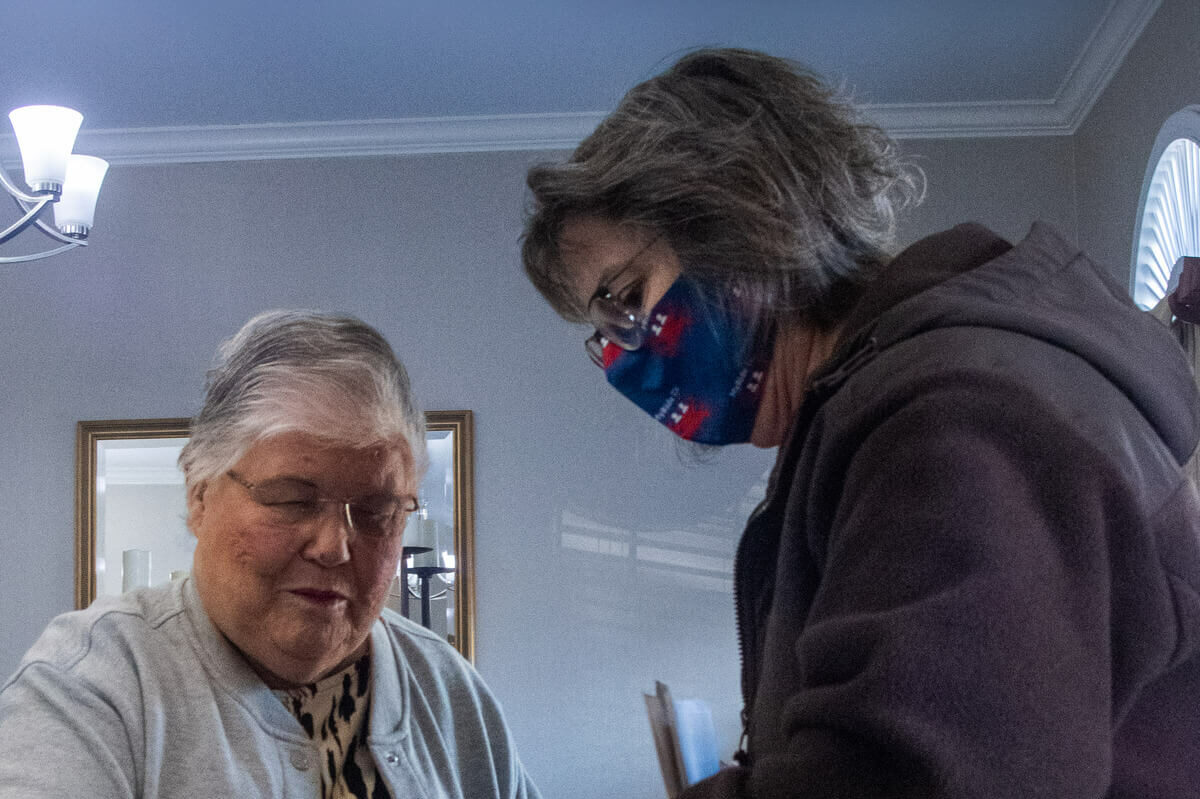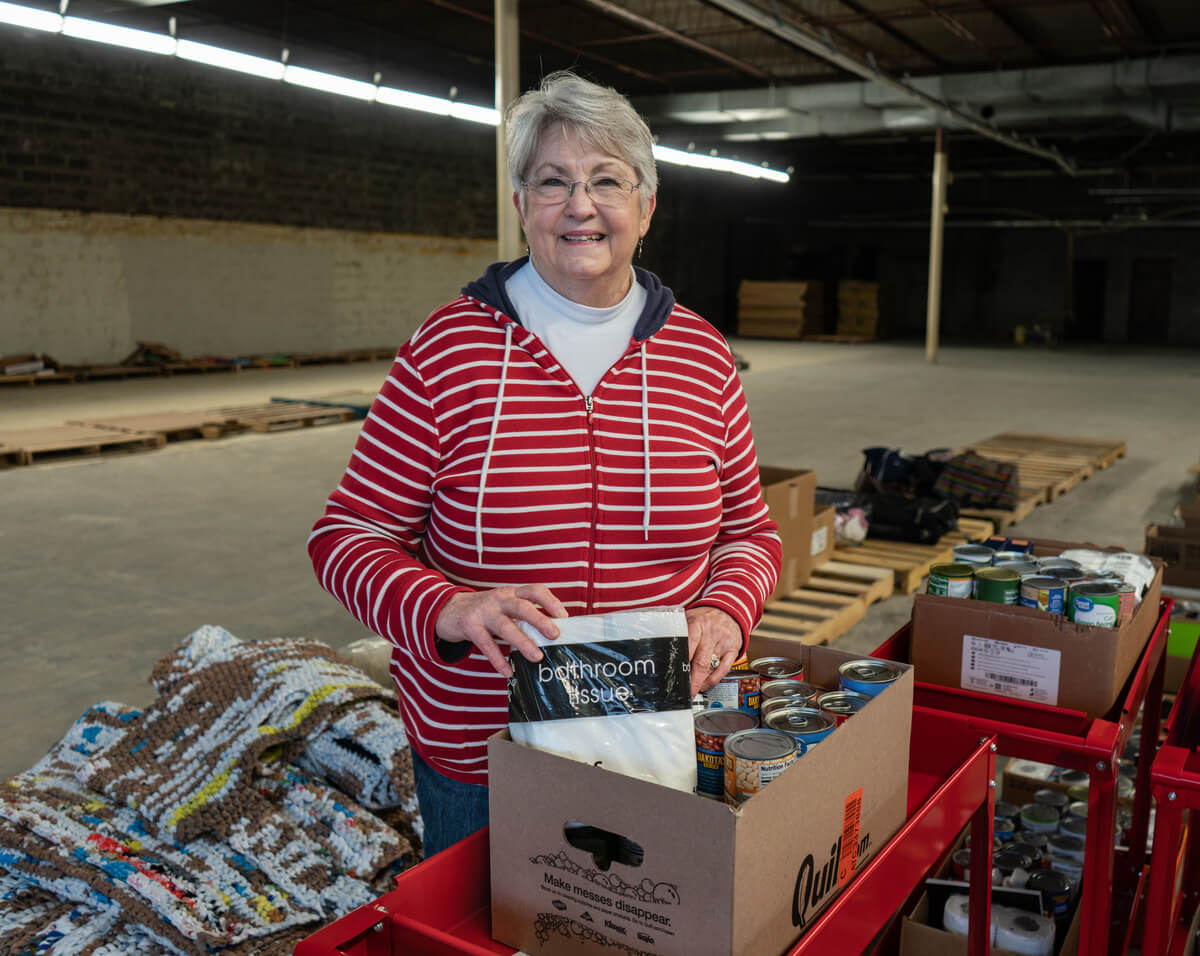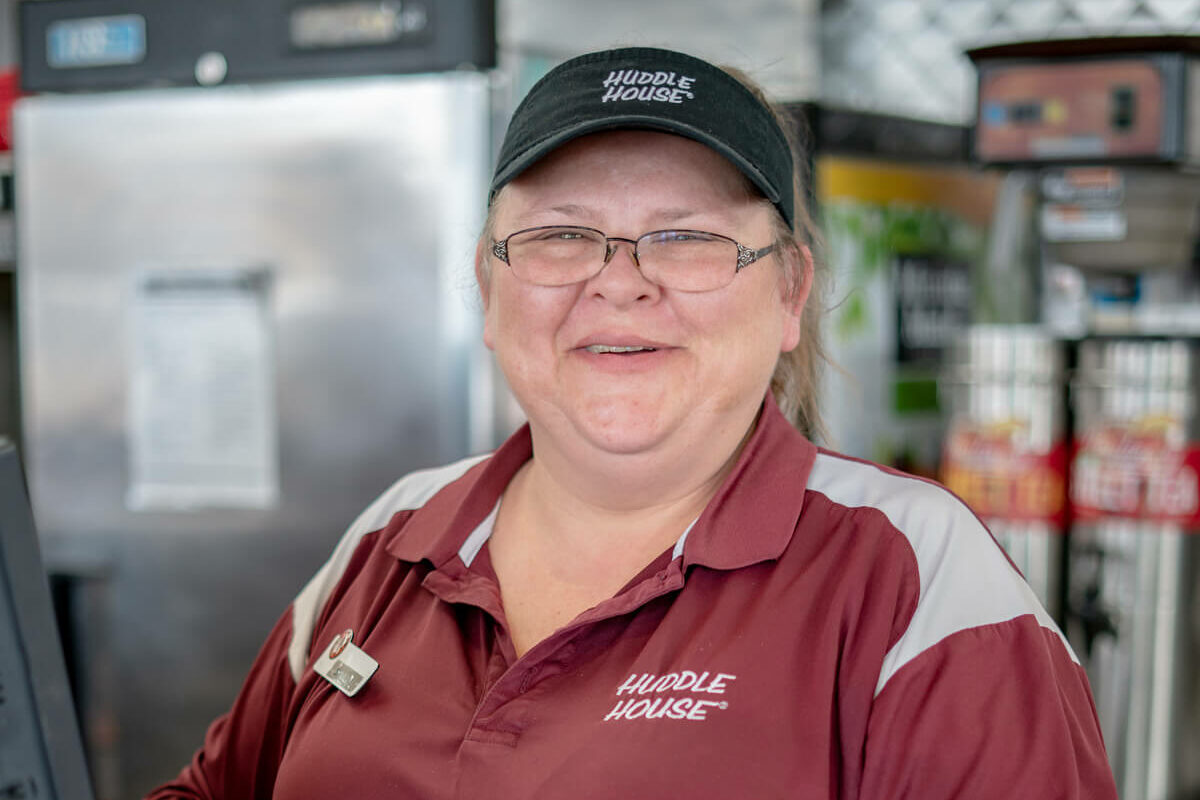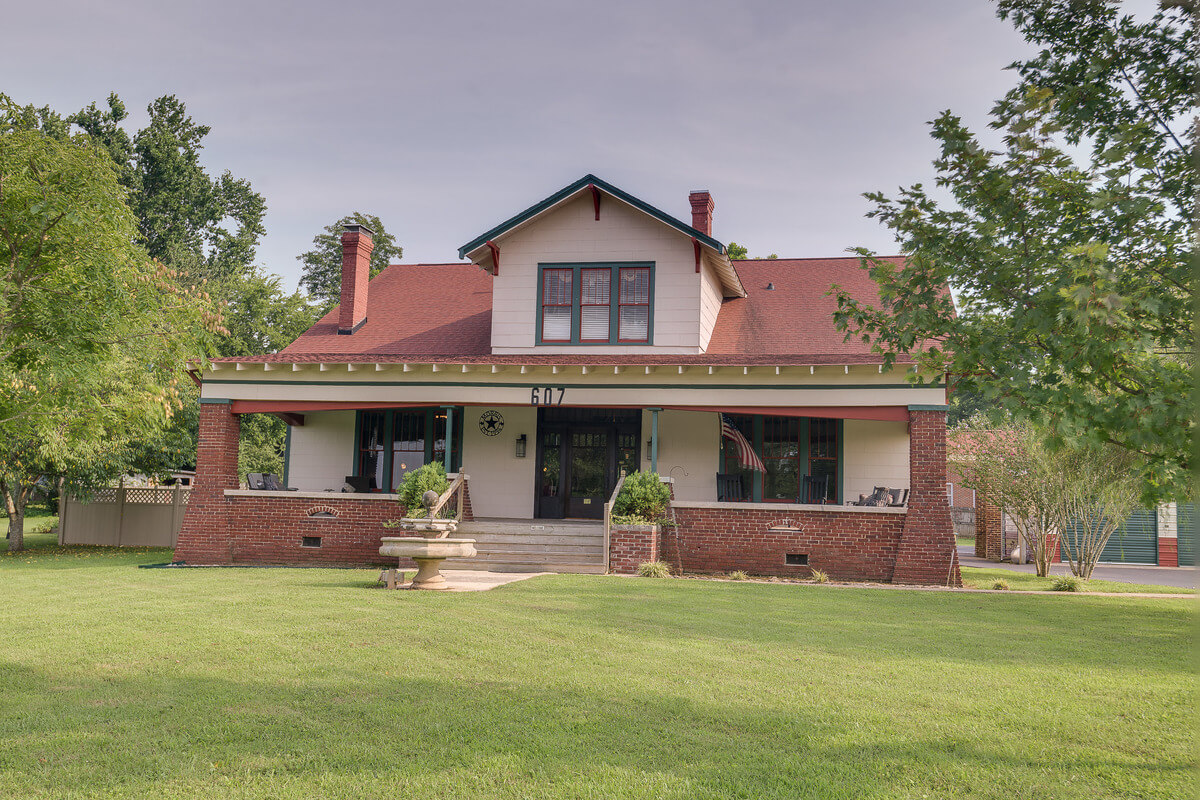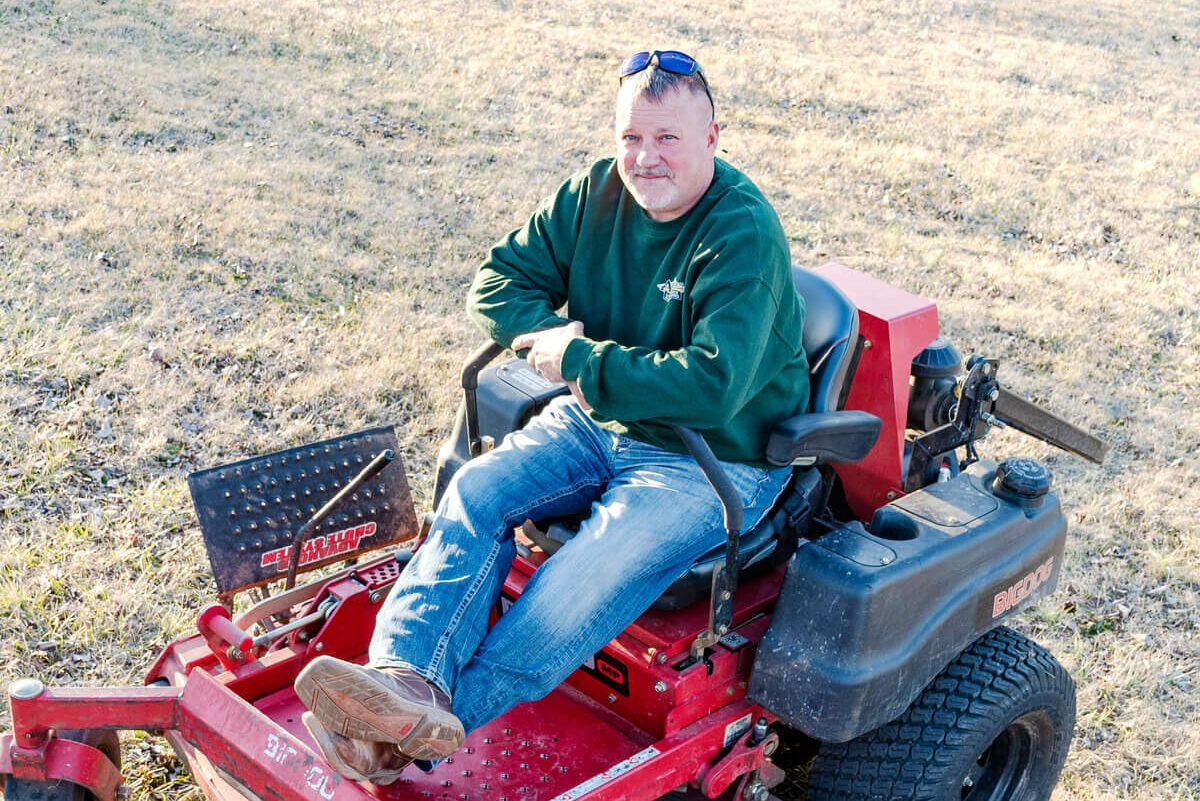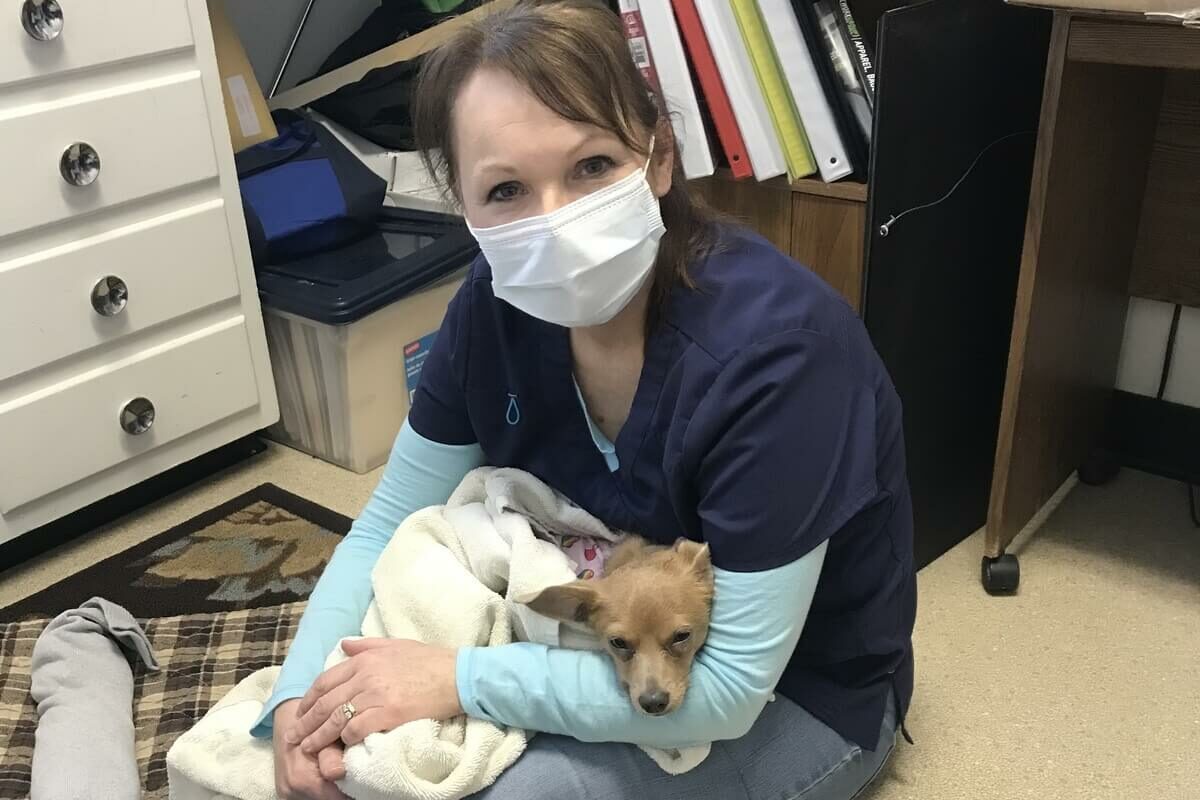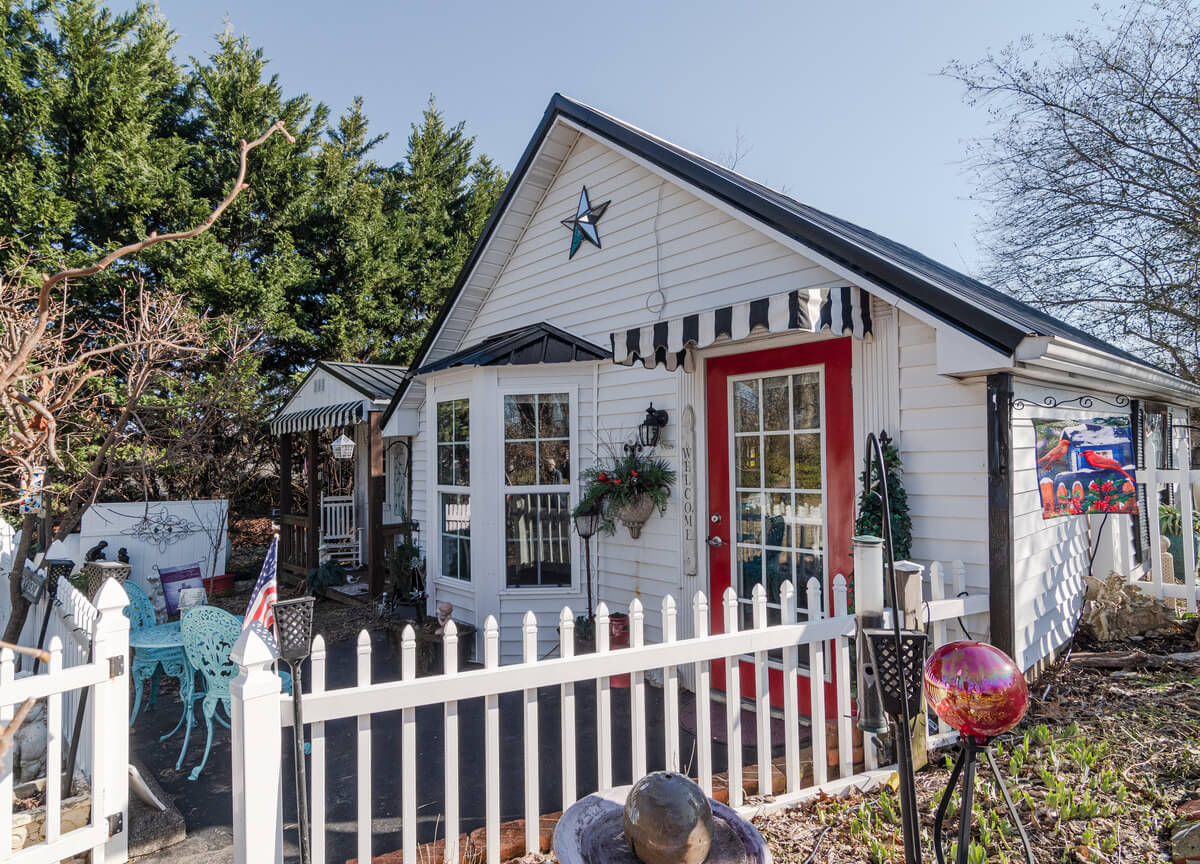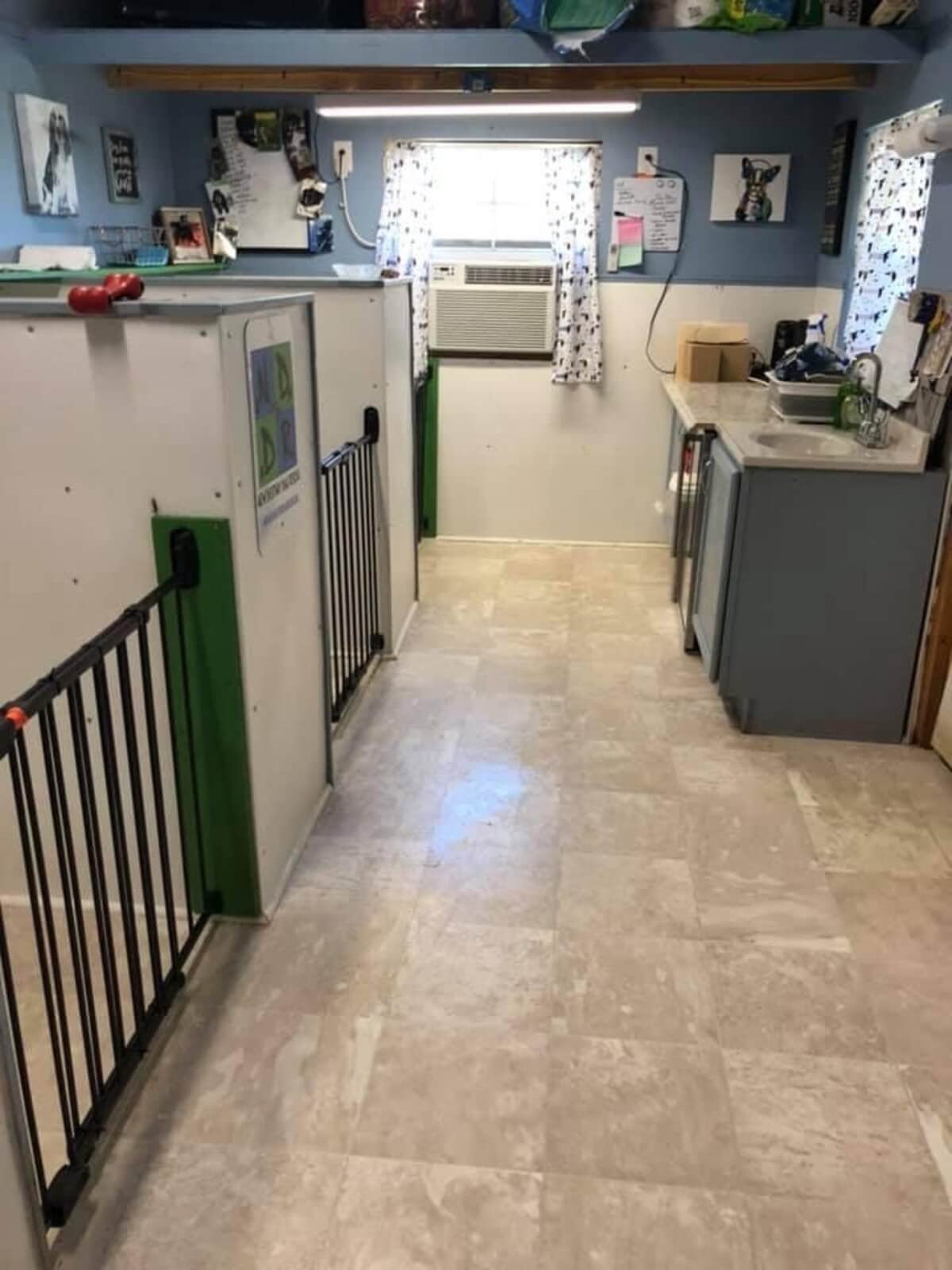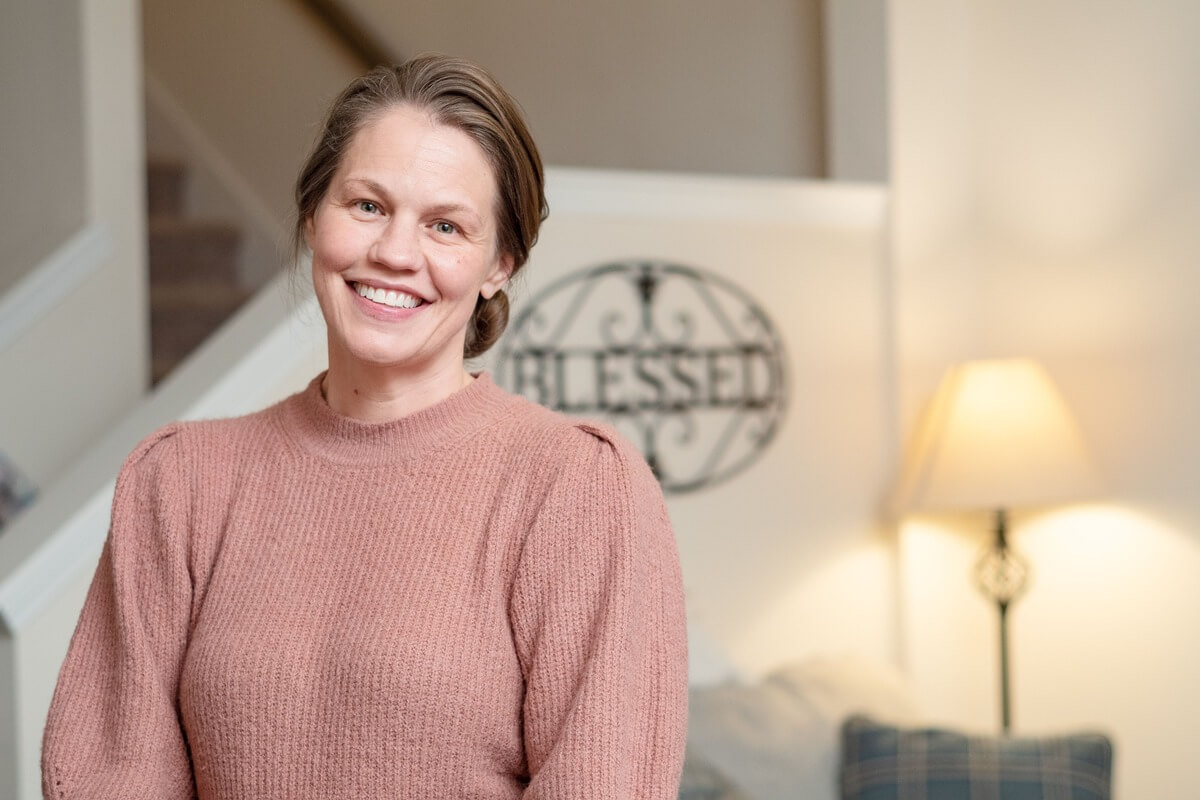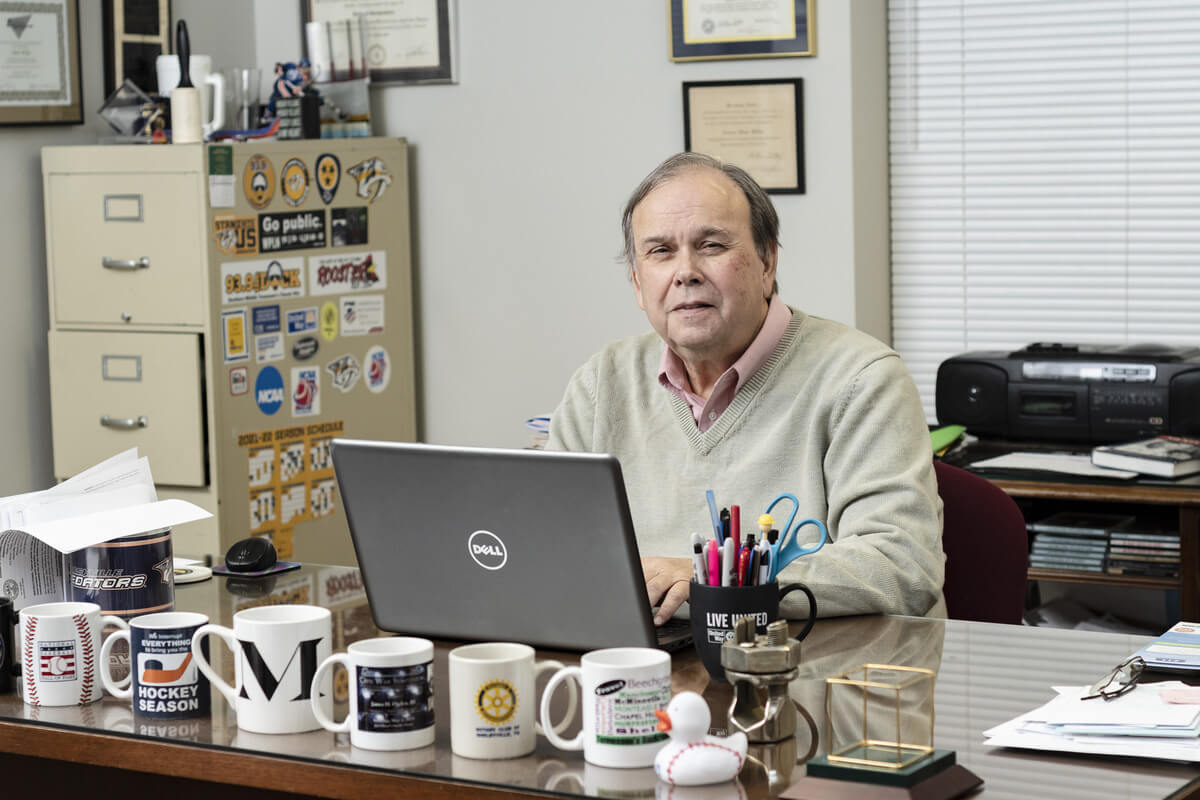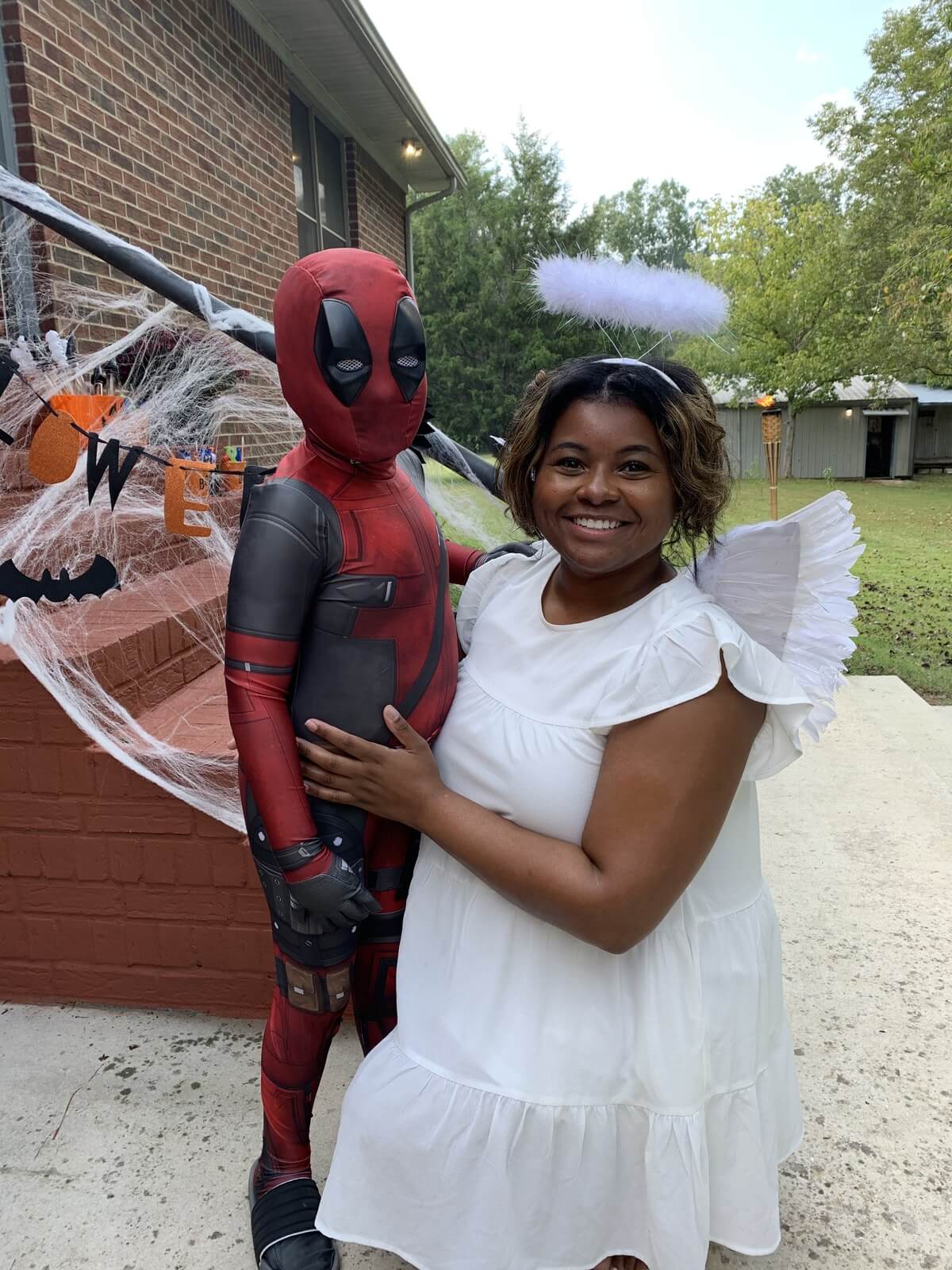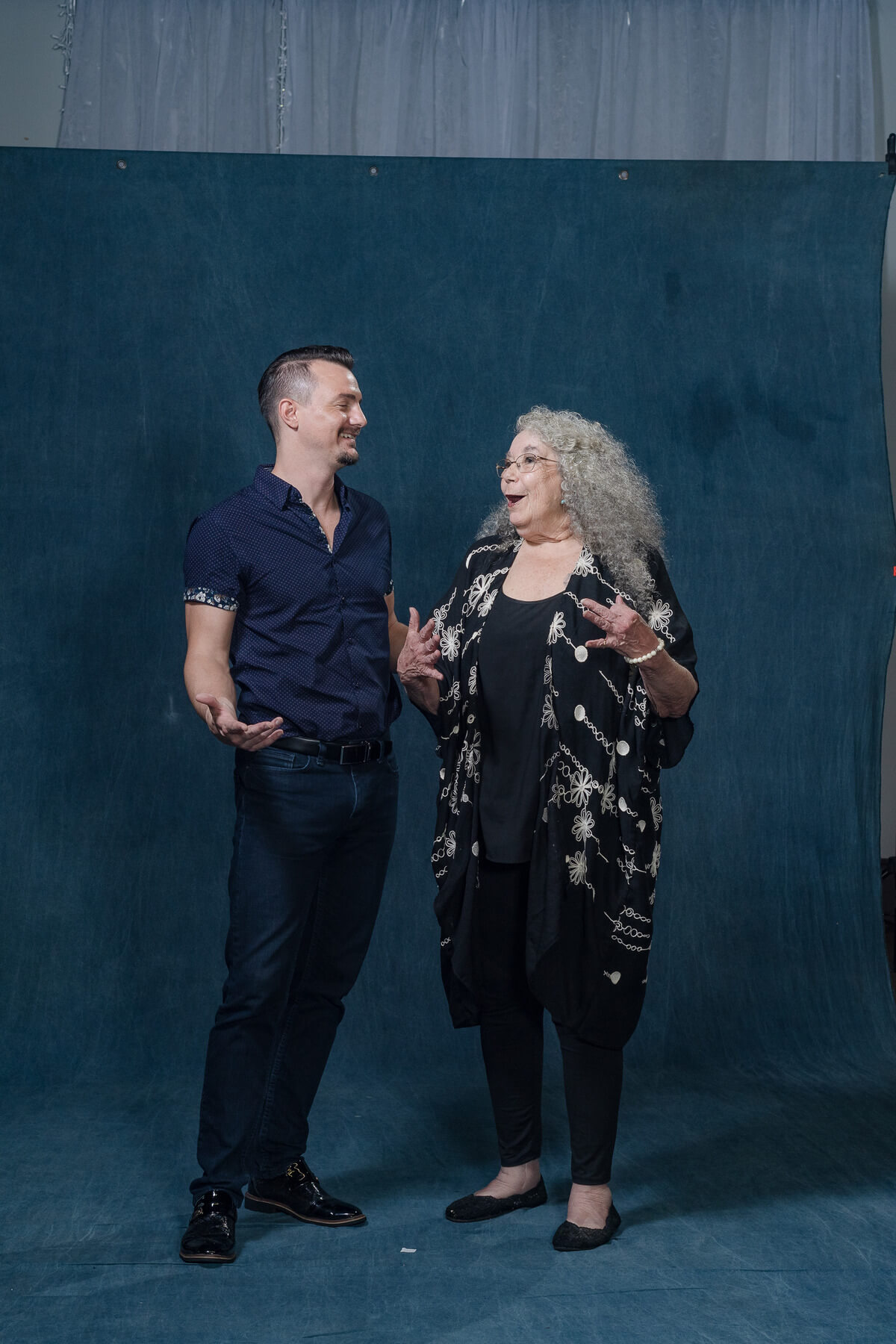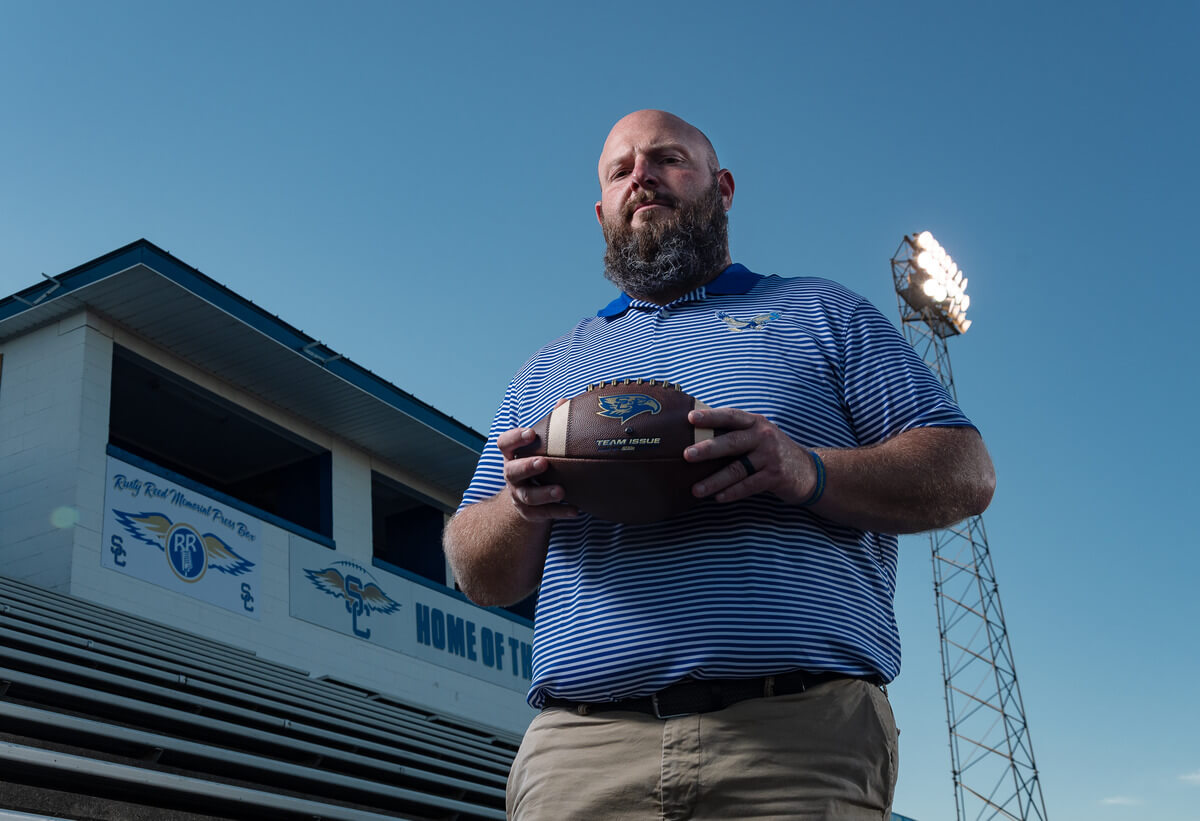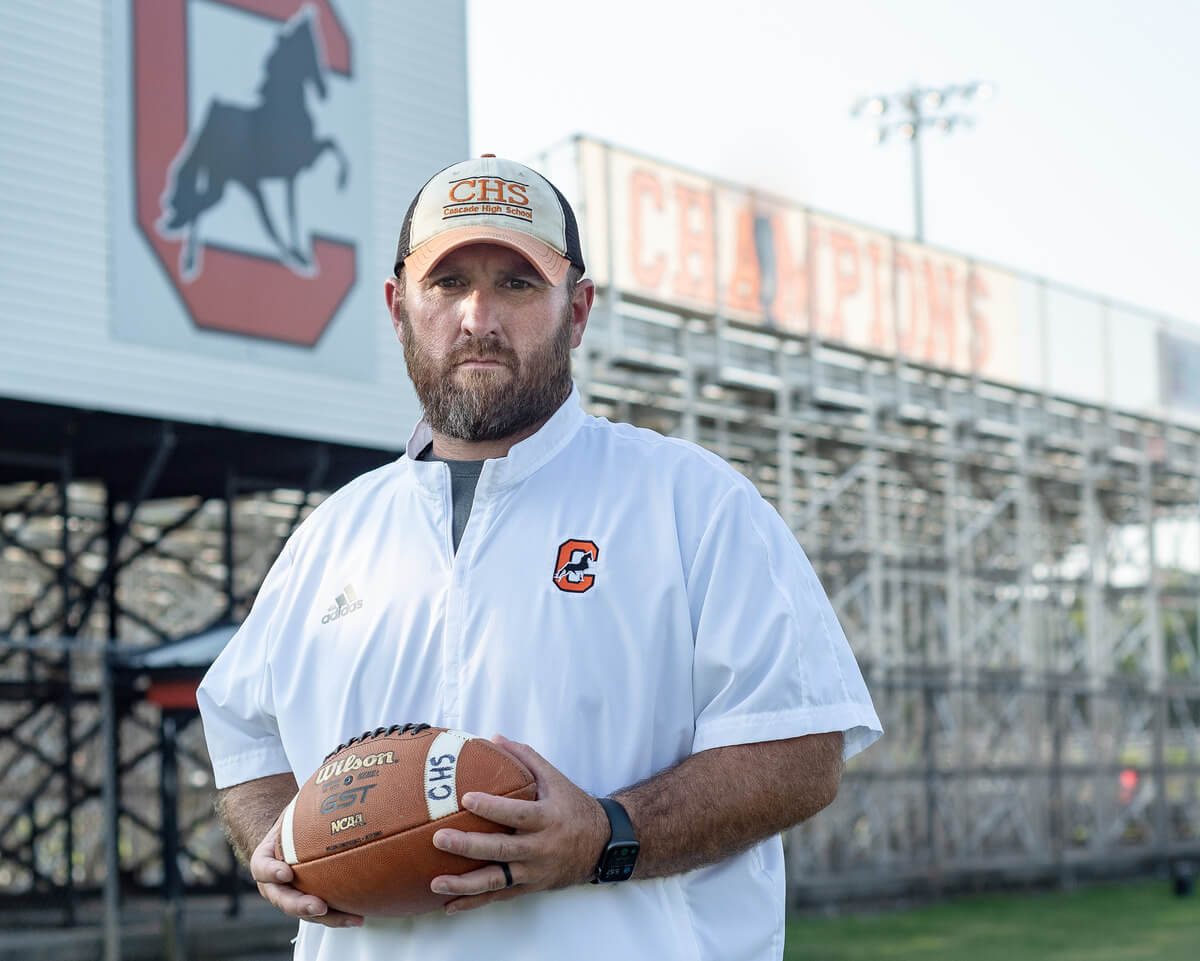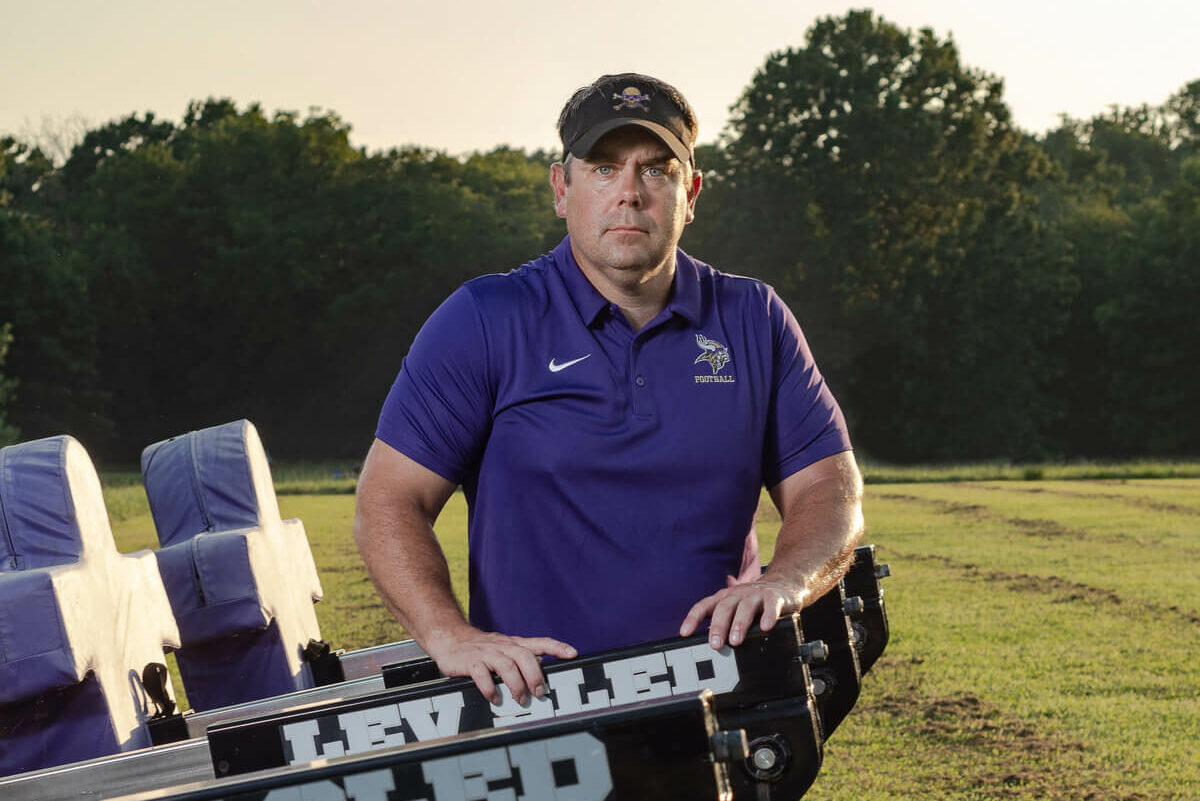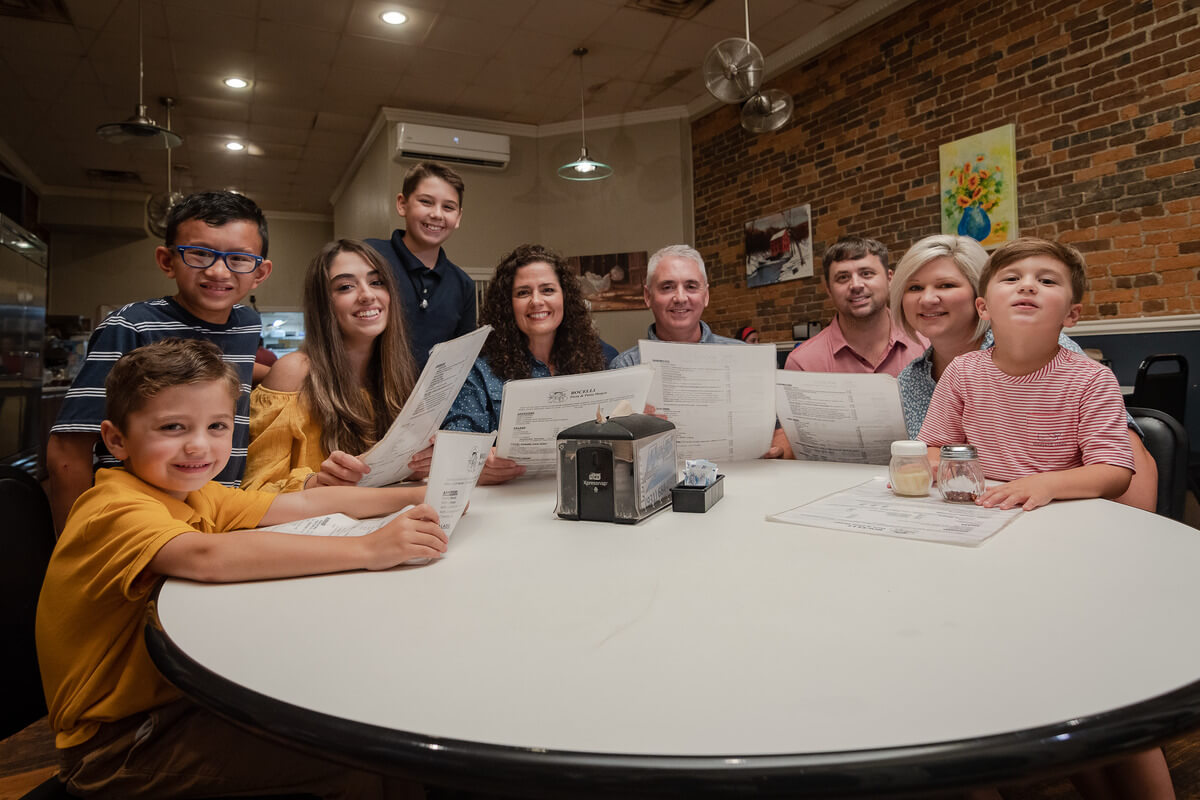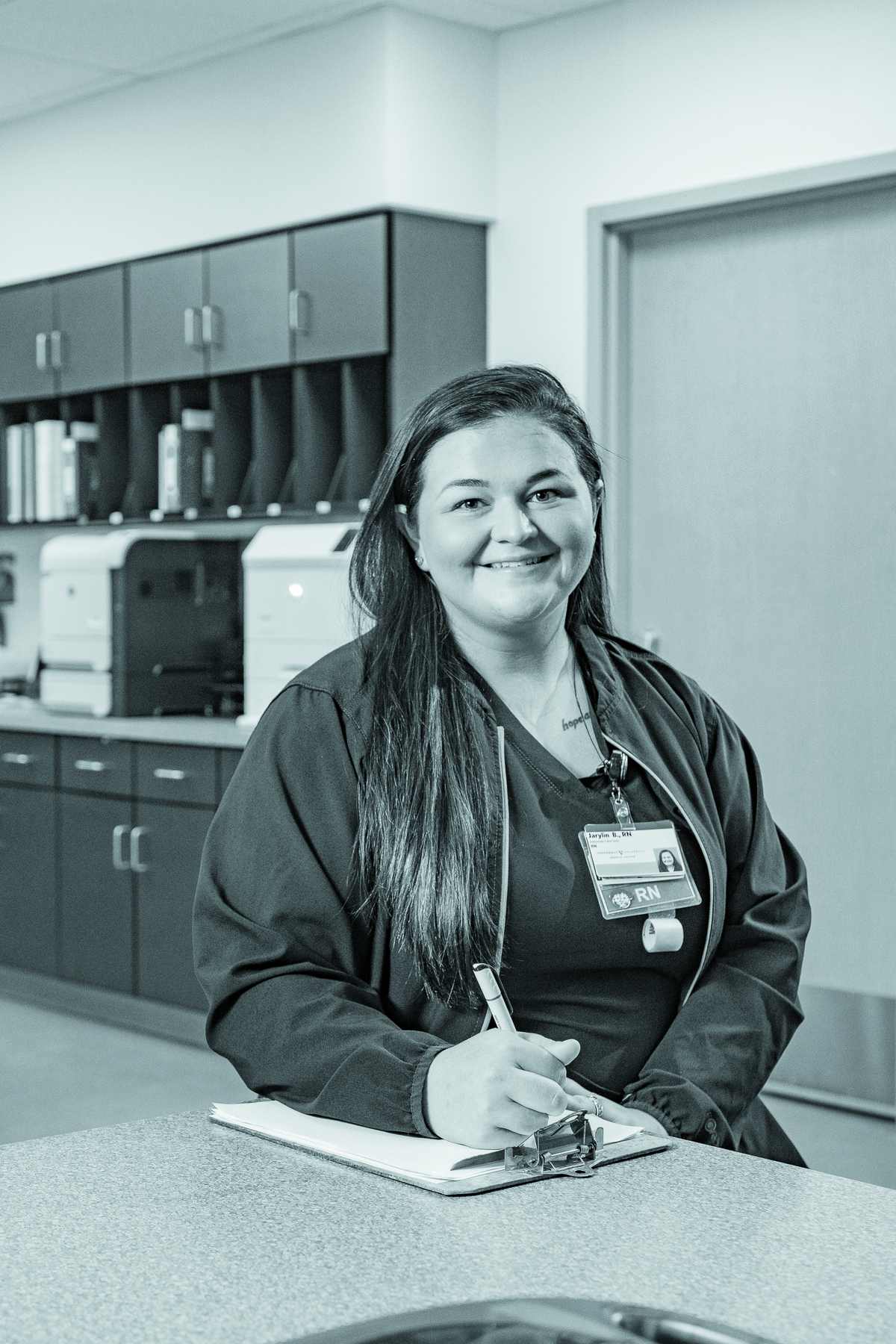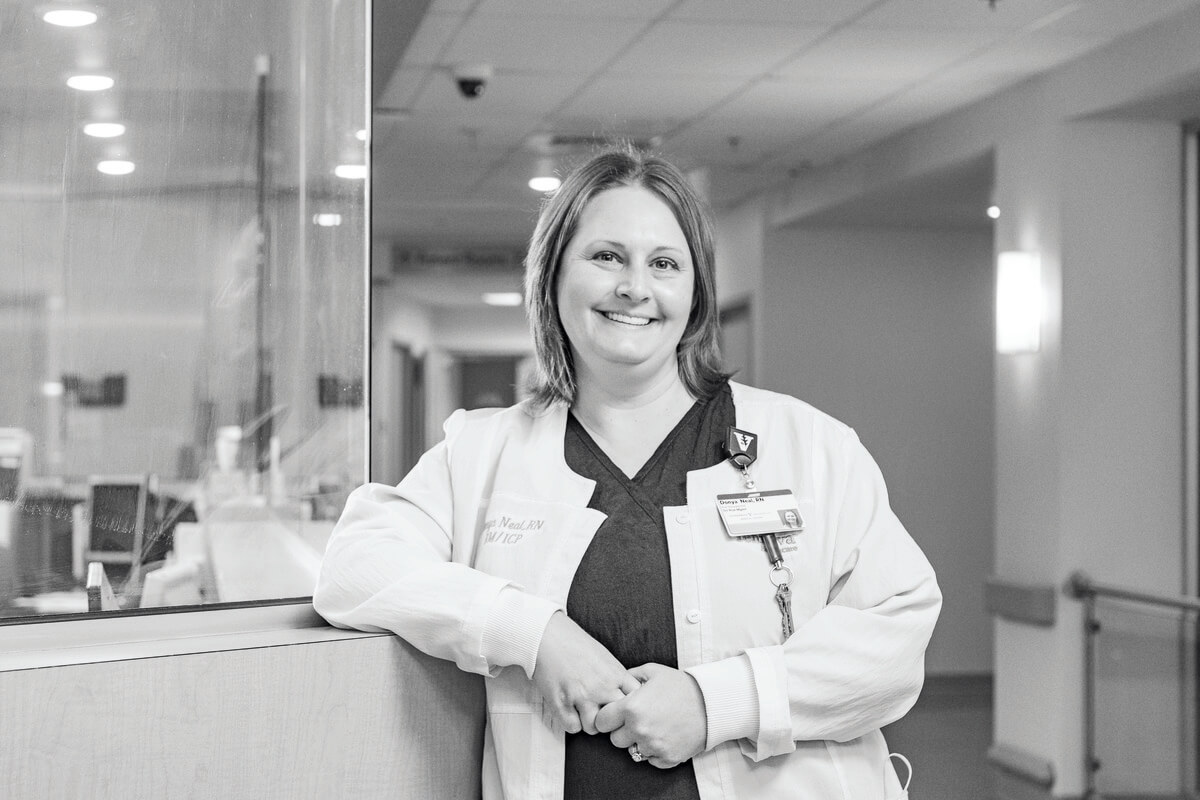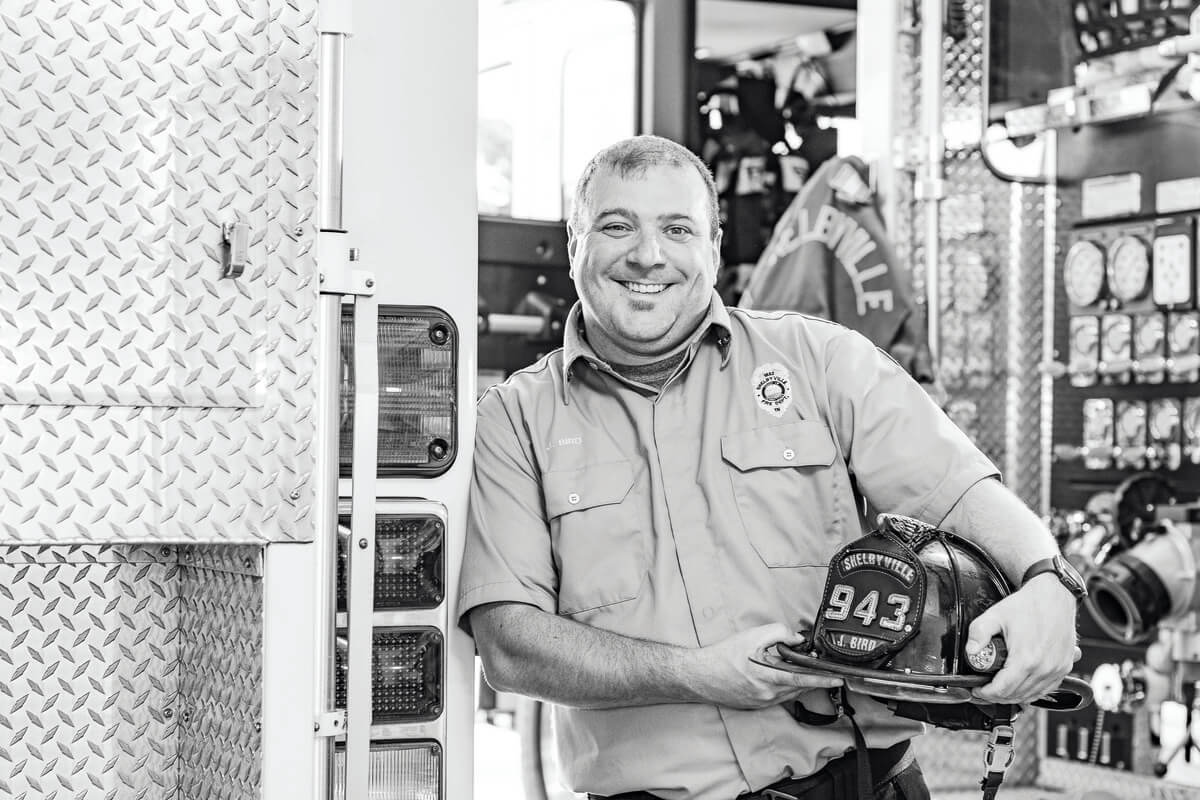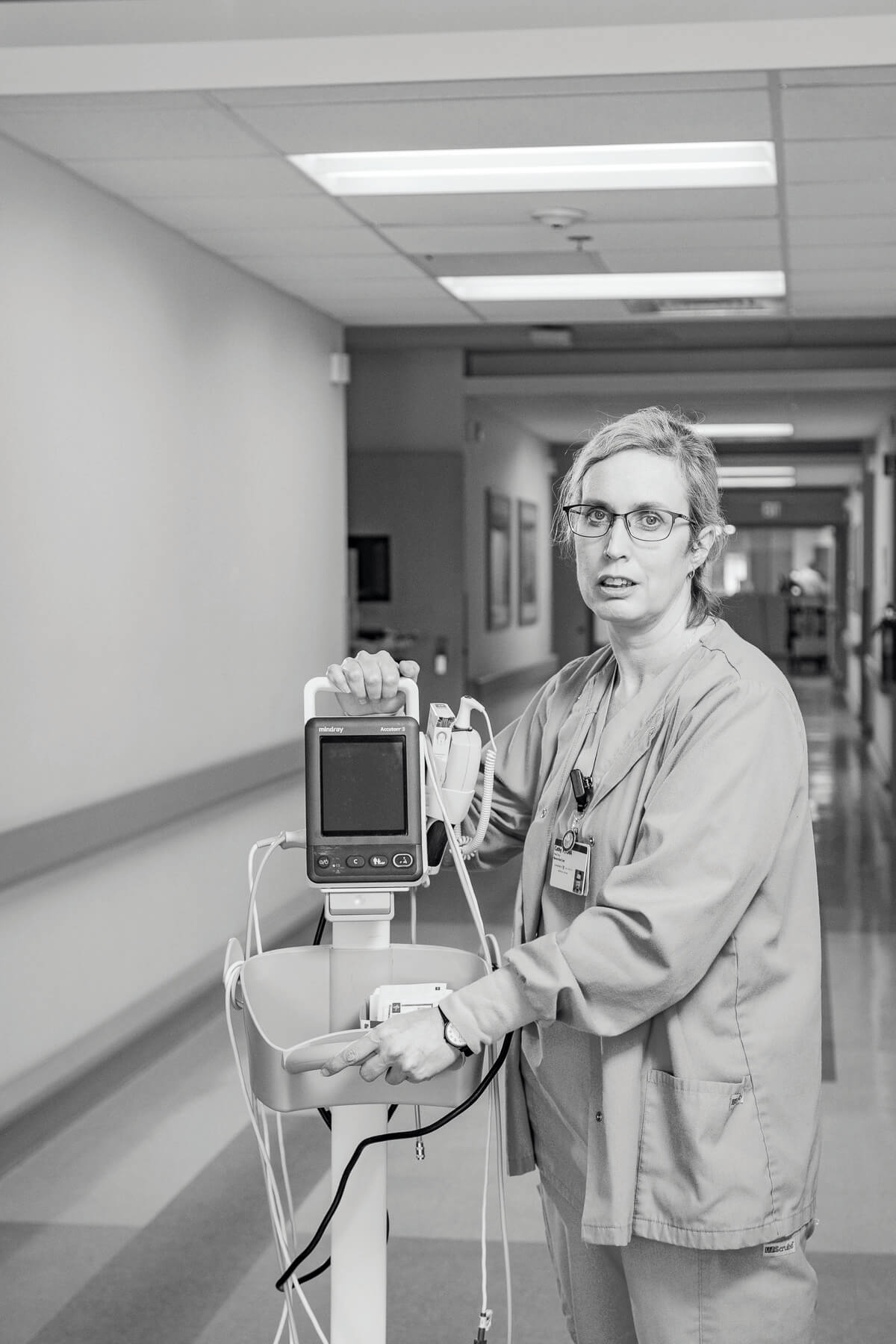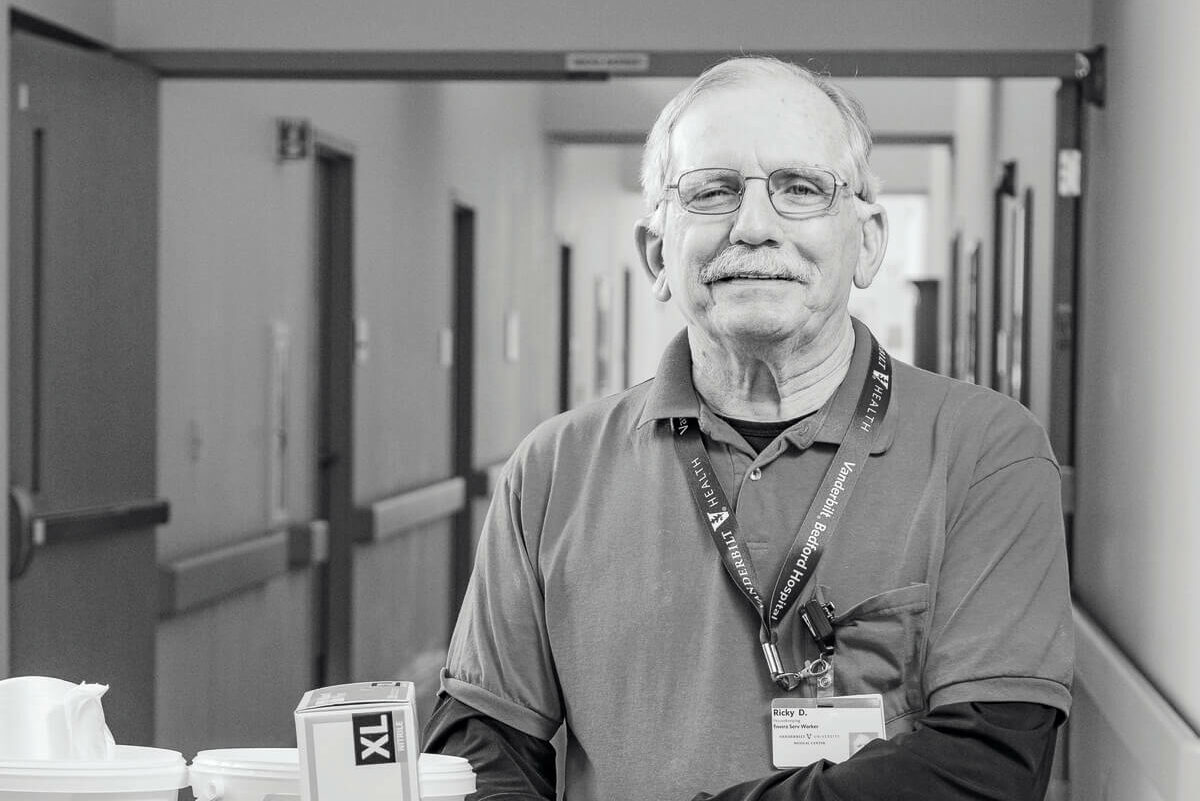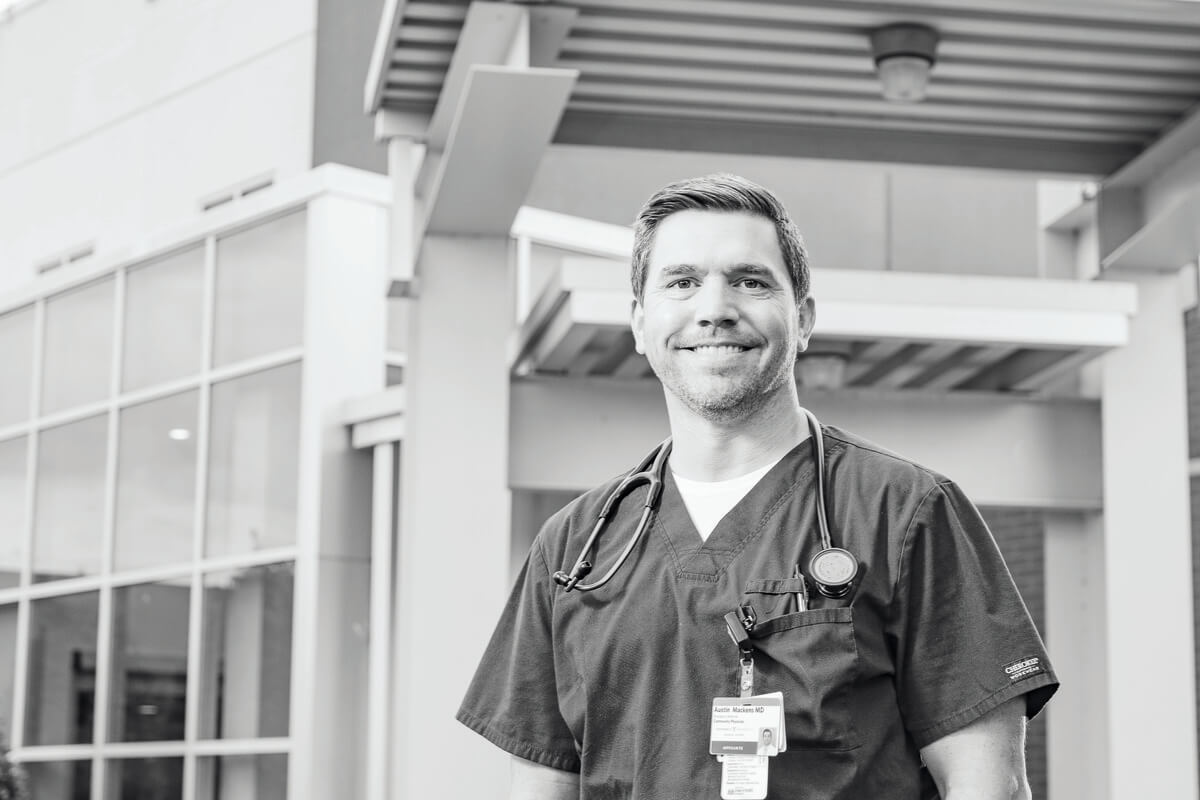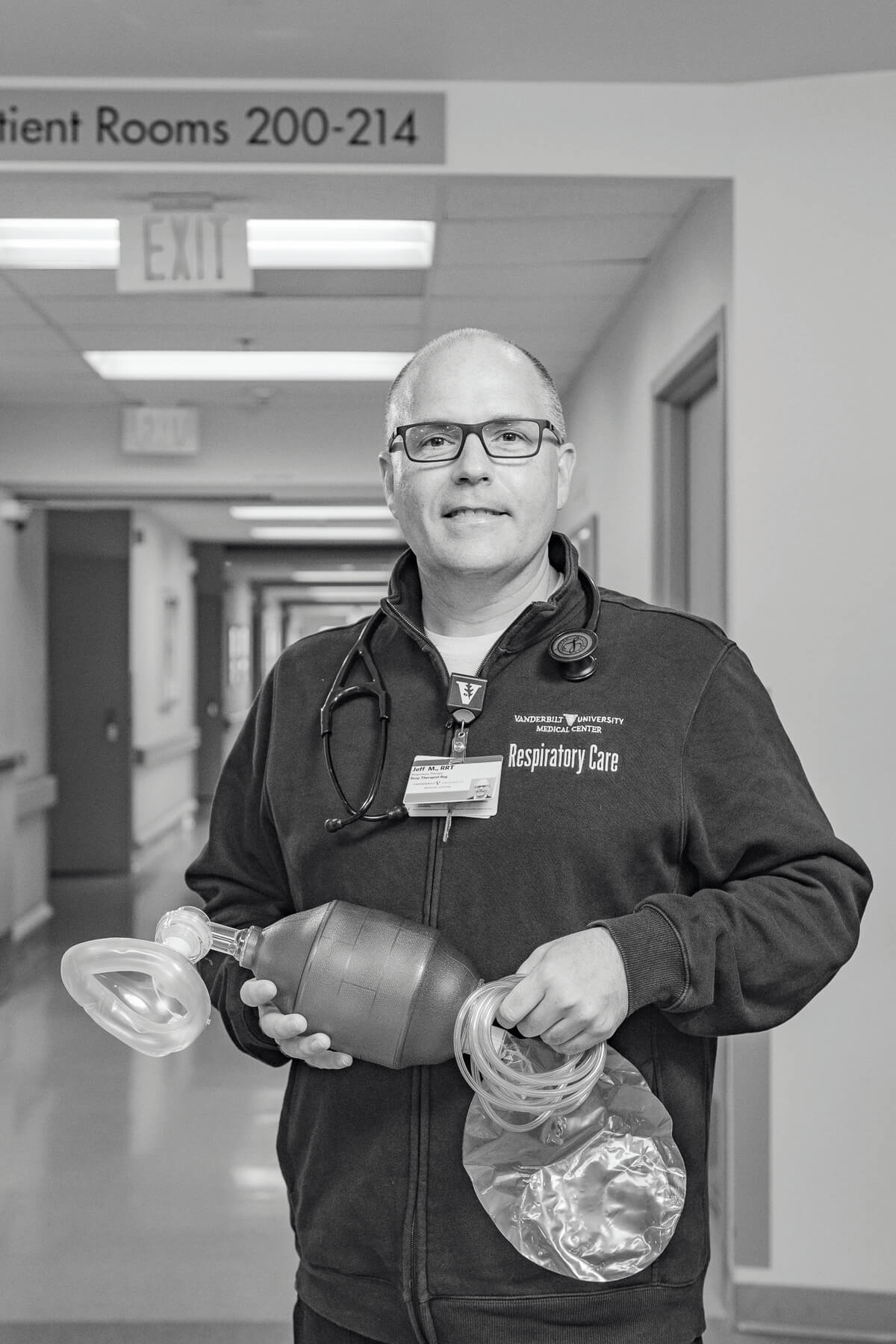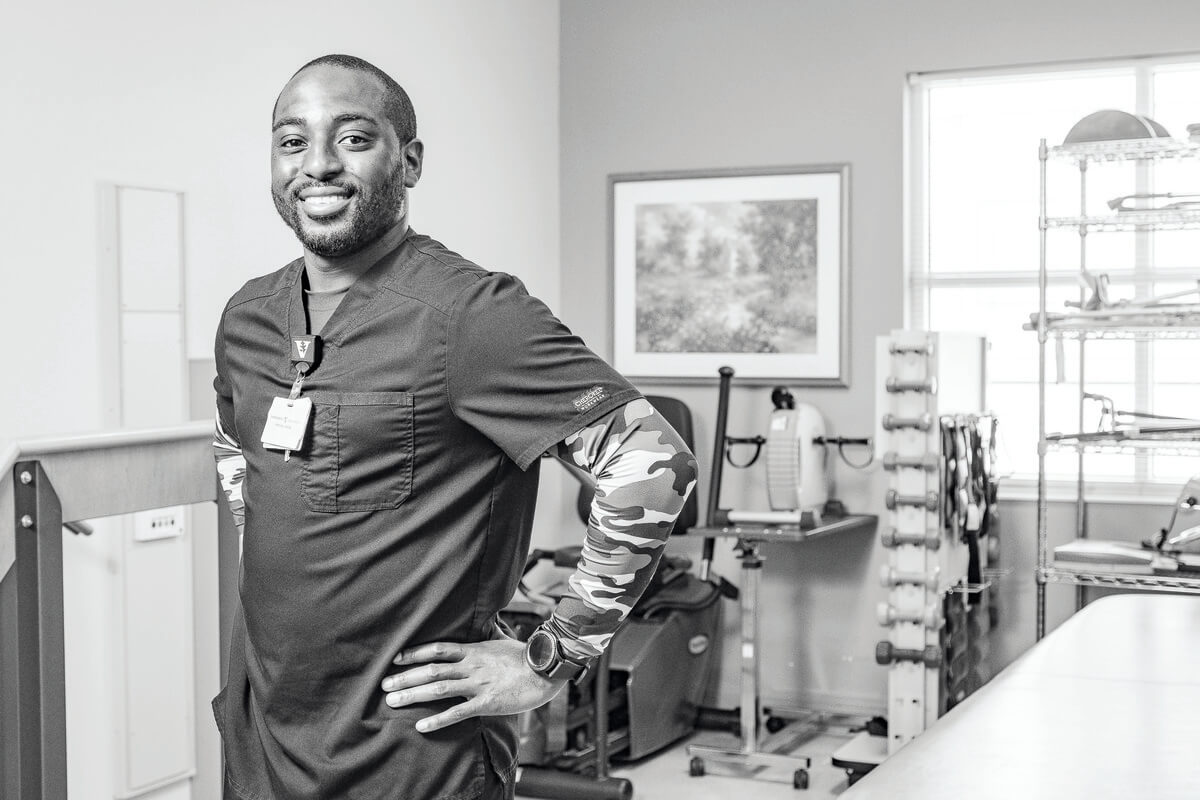TO SAY “the sky’s the limit” is to aim low in the world of Shelbyville native Billy Hix. While the concept of the internet did not exist when Hix was a fifth grader, he’d have had no problem believing he would one day be found on it by searching “Billy Hix NASA.” Two things were in view in the telescope of his dreams and plans—plans he shared with his mother as a grade schooler.
“I told my mom, in the fifth grade, that someday I was going to work at a ‘cool’ place like NASA, but in my spare time I was going to visit schools and tell them about the things that I wanted to know—and that is what I have done,” Hix said. He aimed successfully for the stars and wants other young children in rural communities, like the one of his childhood, to do the same.
Today’s education system bears little resemblance to education in the rural South of the 60s. For centuries, agriculture was the leading economy and way of life. School days were scheduled around planting and harvesting seasons, and family members were expected to work the land from early childhood. A bold and sometimes vocal expectation for students to continue the tradition upon graduation existed within families and schools. College was seen negatively and discouraged, but Hix didn’t listen. He entered college and the workforce with his goals before him and doggedly pursued his fifth-grade vision.
Hix said, “When I was a young lad, I wanted to go to college so I could help people go into space. It often had me at odds with my teachers, but I did attend college and obtained multiple degrees in a variety of fields over my lifetime. But I never forgot where I came from. I worked at NASA for many years, and when I returned to Tennessee, I taught future and current science teachers. From the start of my working career, I looked for ways to reach out to rural schools to let students know that they could dream big.”

Dreaming big and feeding those dreams on a love of learning is something Hix has taught everywhere he goes. In the late 70s and early 80s, he made an impression on student Joe Thordsen—one he still recalls today.
“Mr. Hix taught us to love music and to strive for excellence as band members. He also taught me to move forward and mature as a person. As a result, I’m a better person and a better musician. I have a love of music he bestowed on me to this day,” said Thordsen.
In 1979, Hix taught computer classes and band in Bedford County. Around 1982, he went on to teach computer science at Motlow State Community College before going to work with NASA. Hix returned to Bedford County in the early 2000s with an eye on retirement and the fulfillment of the second part of his dream.
He retired in 2015 and said, “I have the best retirement hobby ever. I target schools that remind me of where I grew up. Since I purchased my first planetarium, over 72,000 students and teachers have entered my planetarium. My goal is not to turn students into astronomers but to excite students about learning in general. They need to see that the deeper you dig into learning a subject, the more interesting it becomes. Also, I want students to embrace the concept of being science literate. Each year, I visit approximately 75 schools with the help of my wife, Jan, who is a retired classroom teacher. The greatest payment is when a student tells me, ‘this was the greatest school day ever.’”

His retirement work has gained national recognition. On November 19, 2022, in Burlingame, California, Hix was awarded the Las Cumbres Amateur Outreach Award for his outstanding educational outreach programs to K-12 students and the interested lay public, making it the top program in the nation for astronomy outreach. The award is presented by the Astronomical Society of the Pacific, the governing body of professional astronomers.
He is the CEO of TeachSTEM LLC, an organization that conducts STEM outreach to rural schools, and was recently selected as the number one STEM teacher in the nation by the Space Foundation. He currently serves as NASA’s Solar System Ambassador for our country and is an advisor to many education-related programs. His work even stretches globally. He was the 2019-2020 Education Ambassador to Chile, conducting research at some of the world’s largest observatories and working with students and parents across Chile.
Not bad for a little boy in love with the night sky and the idea of our nation going to the moon, huh? Even better for rural students and communities with an eye on the sky! GN



